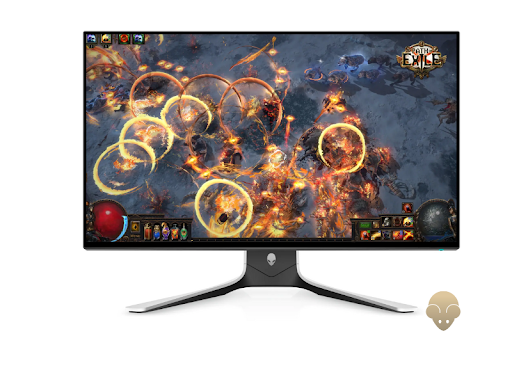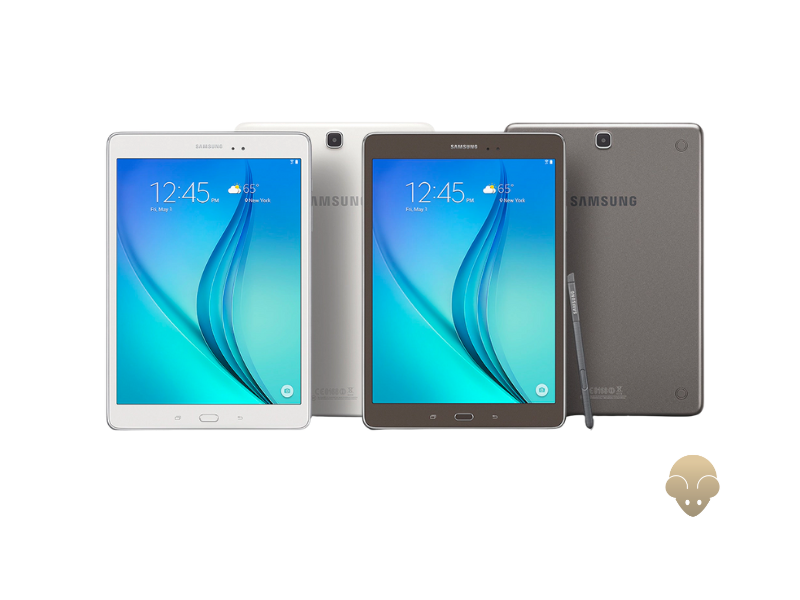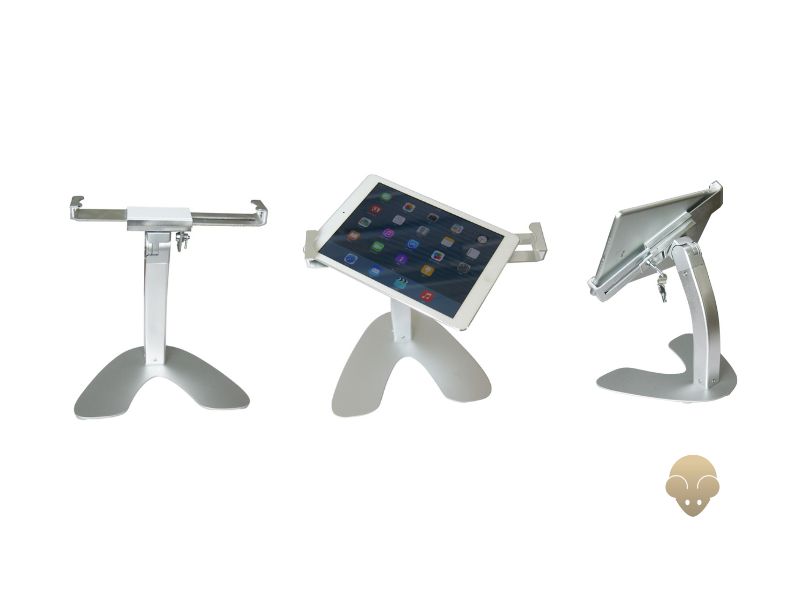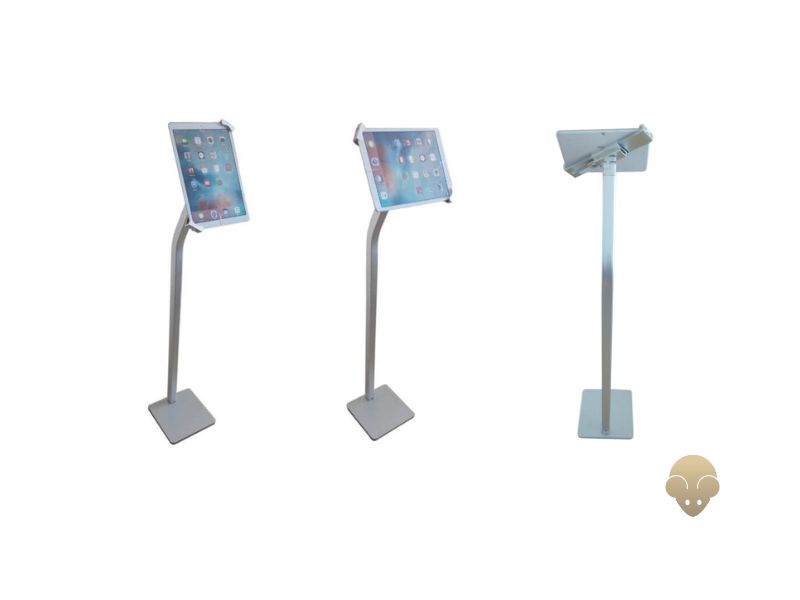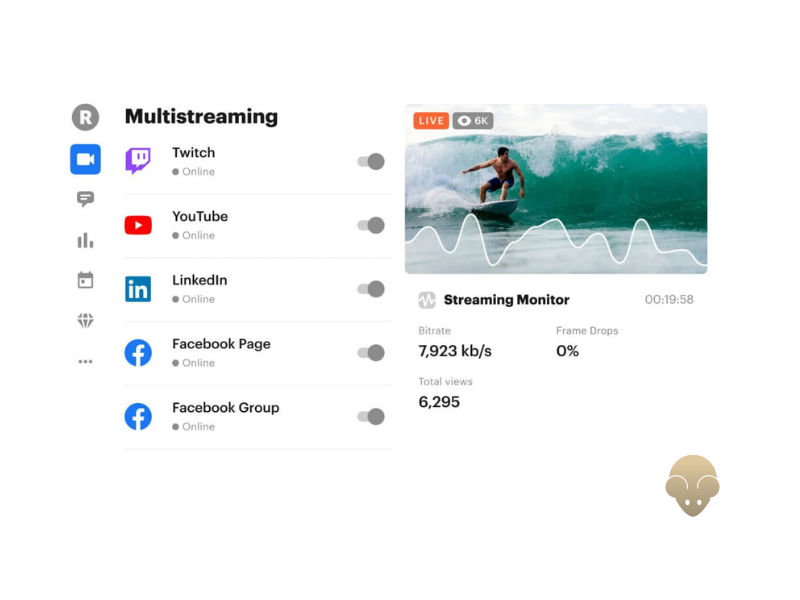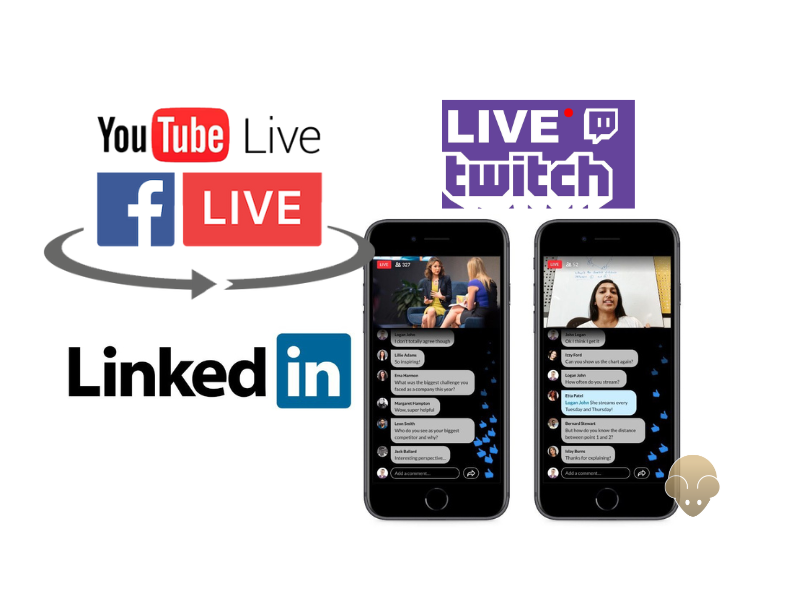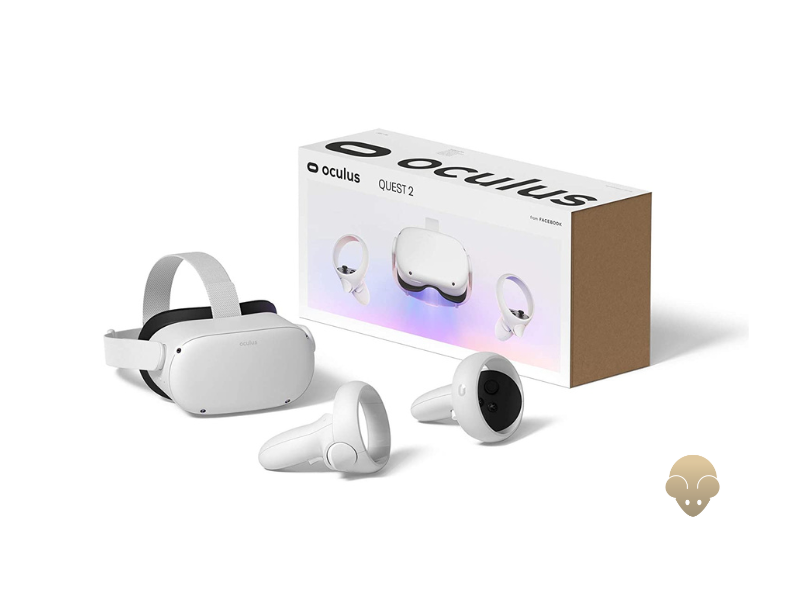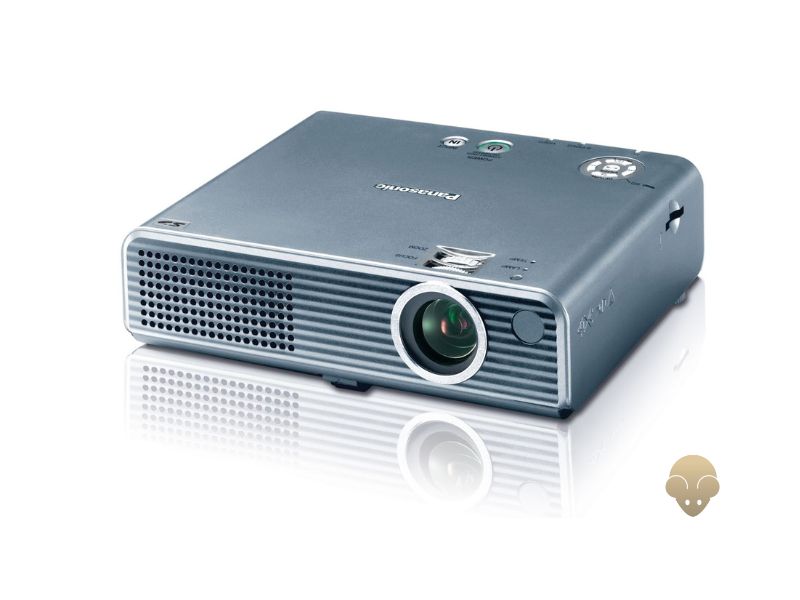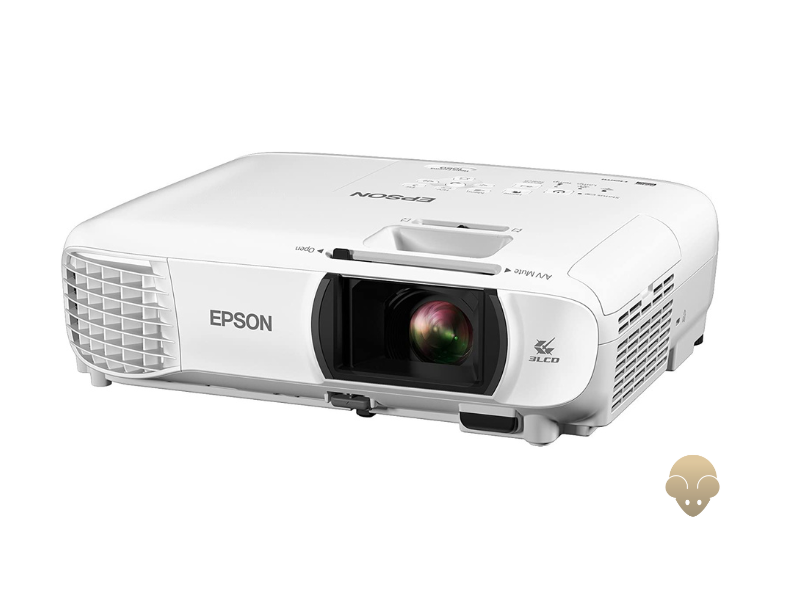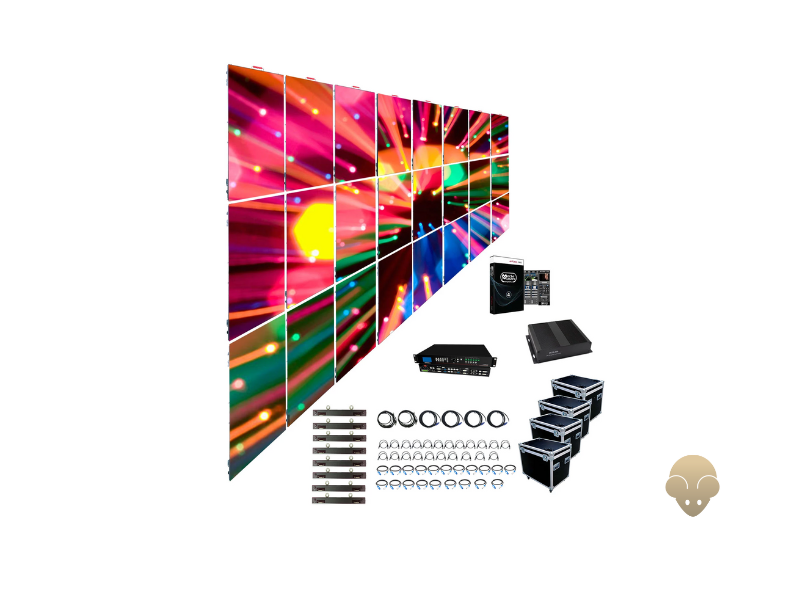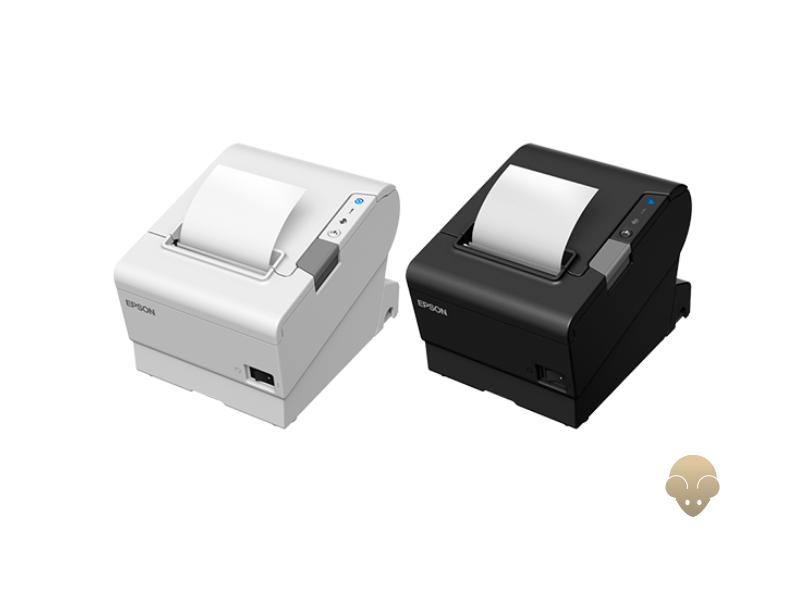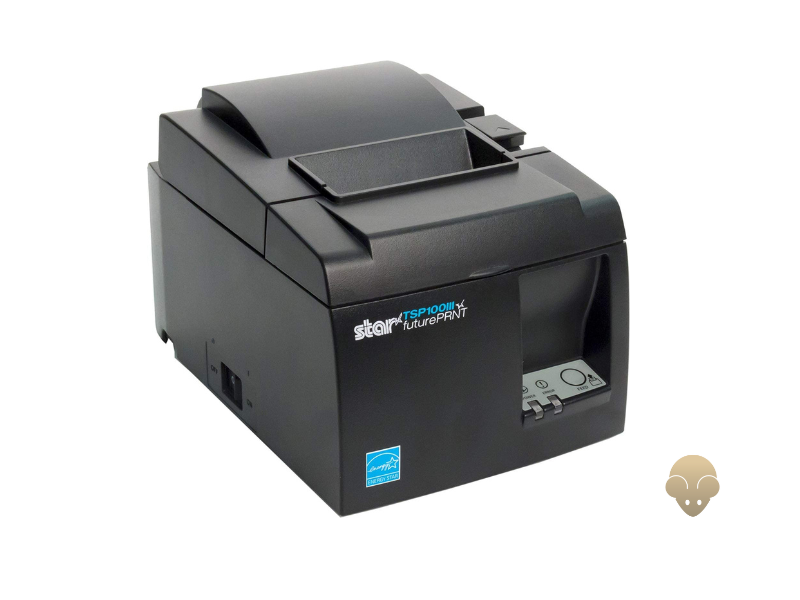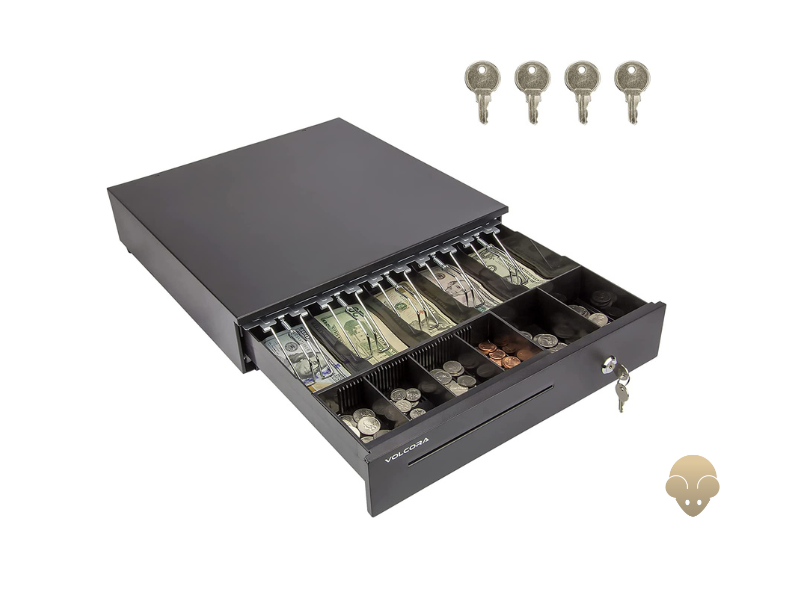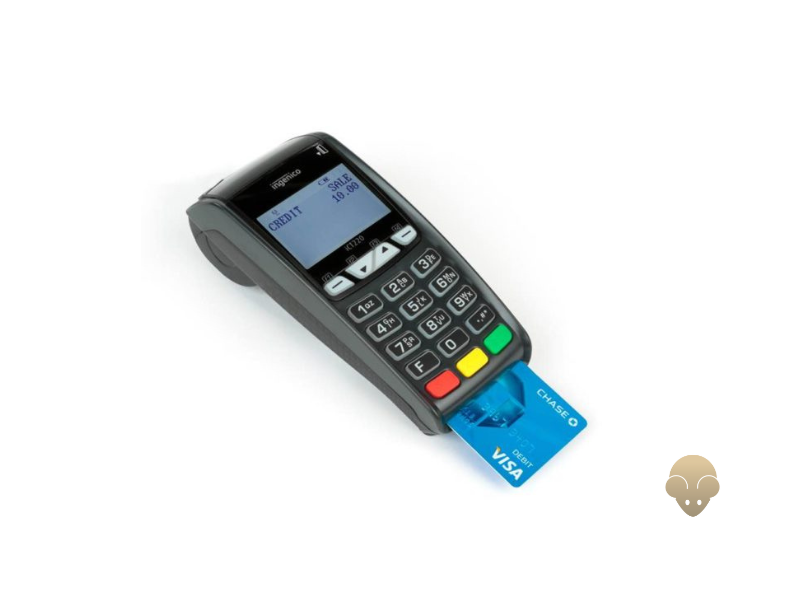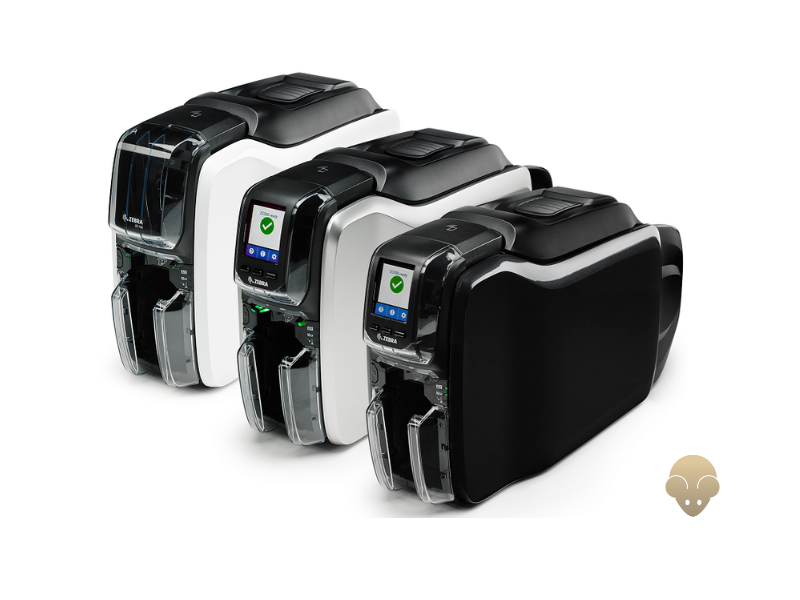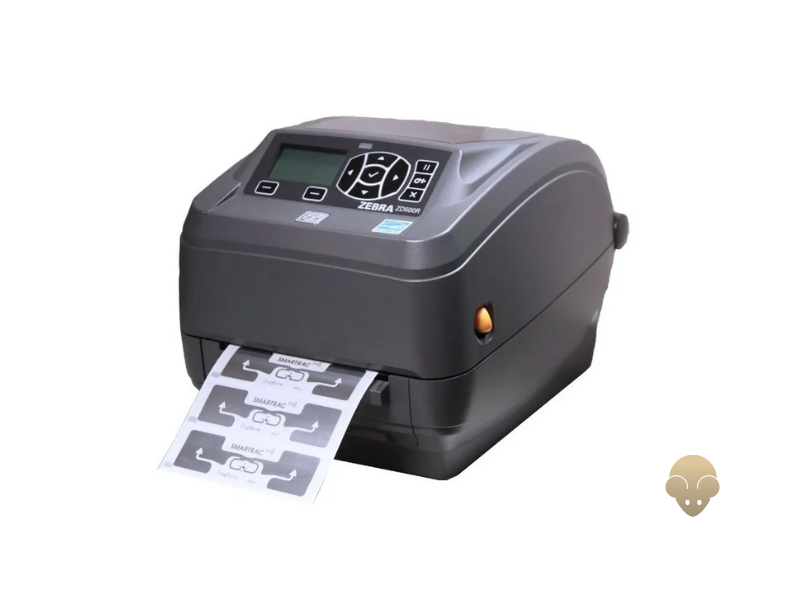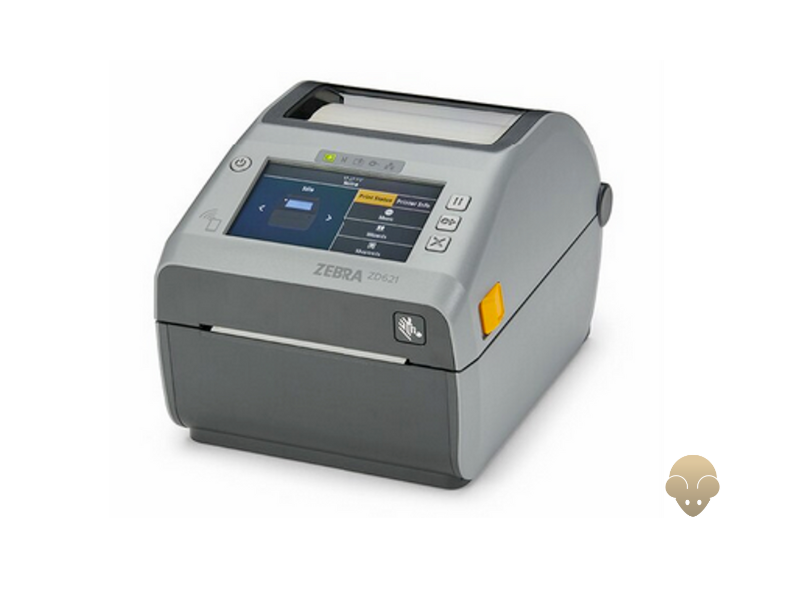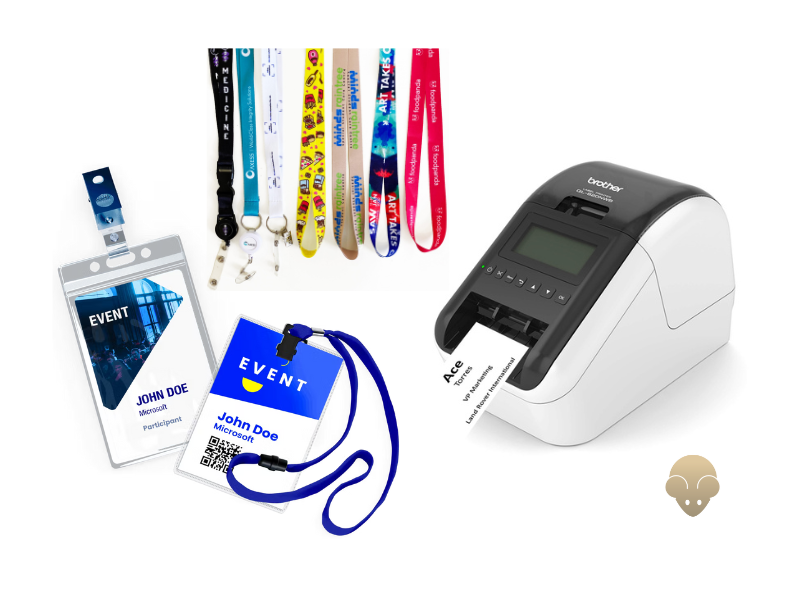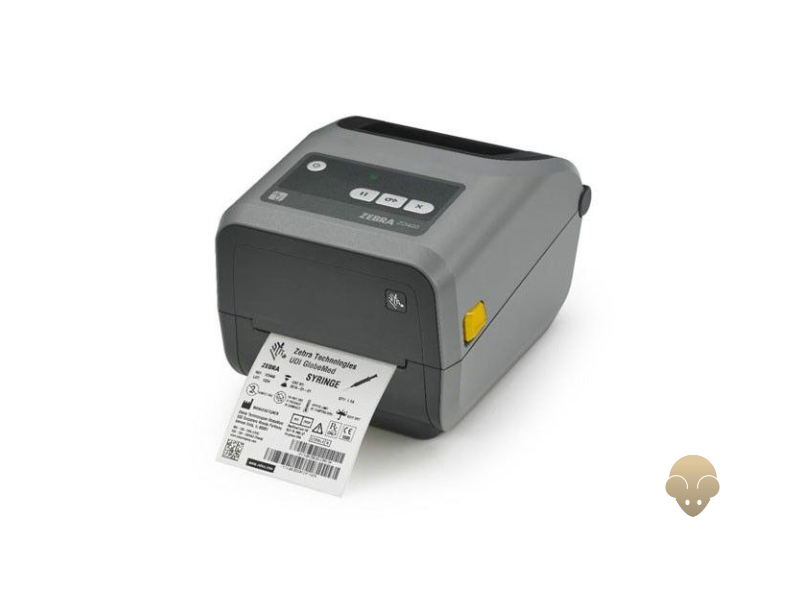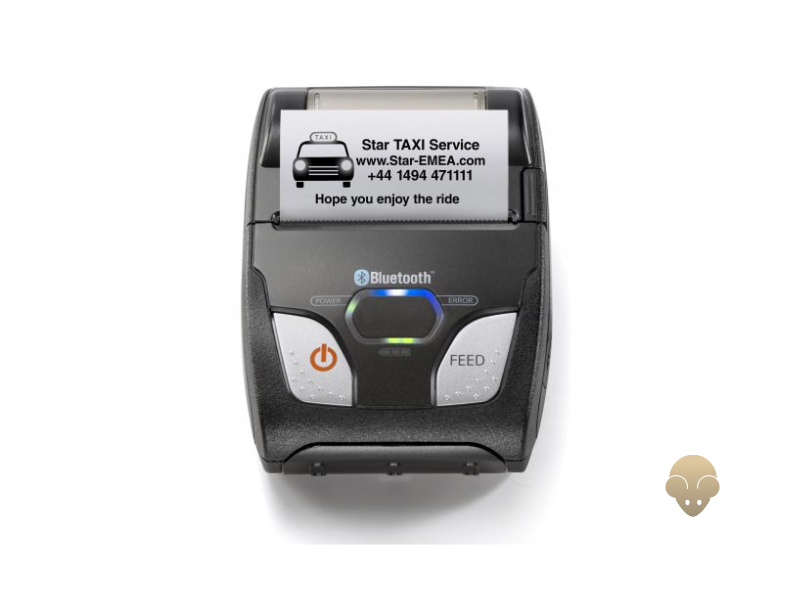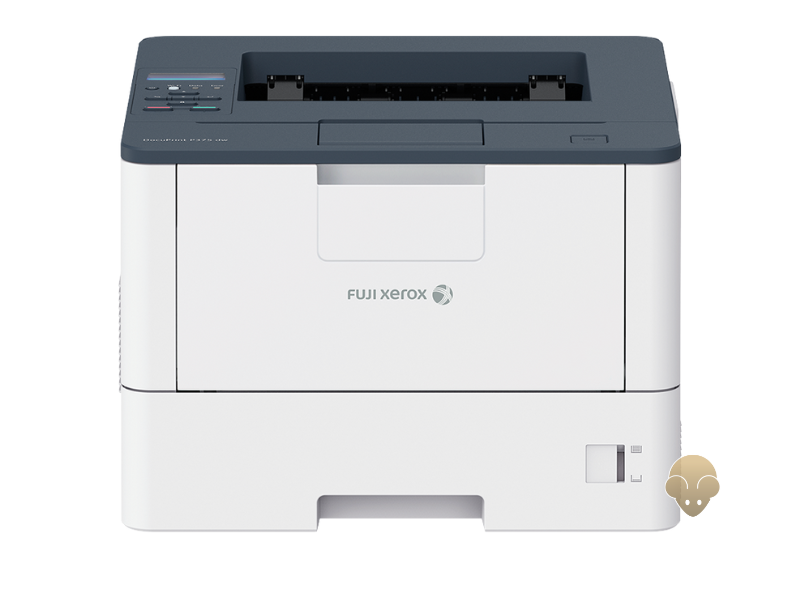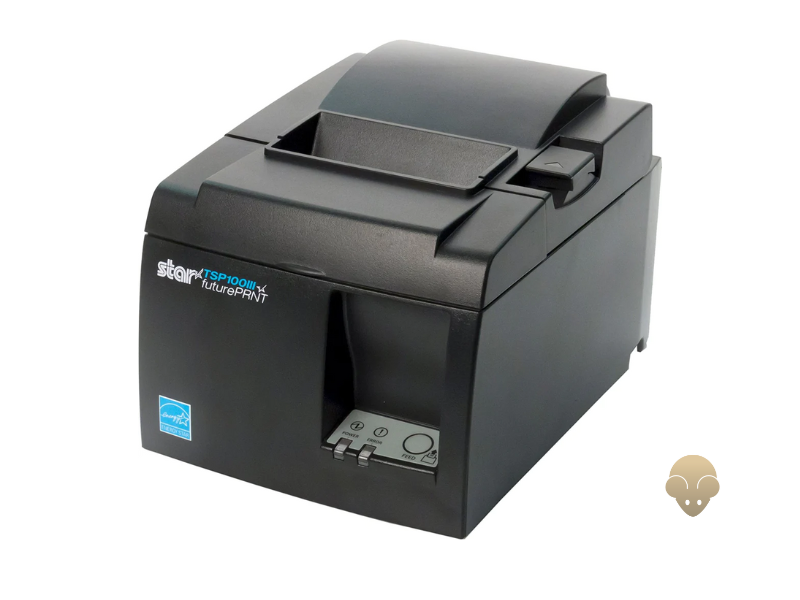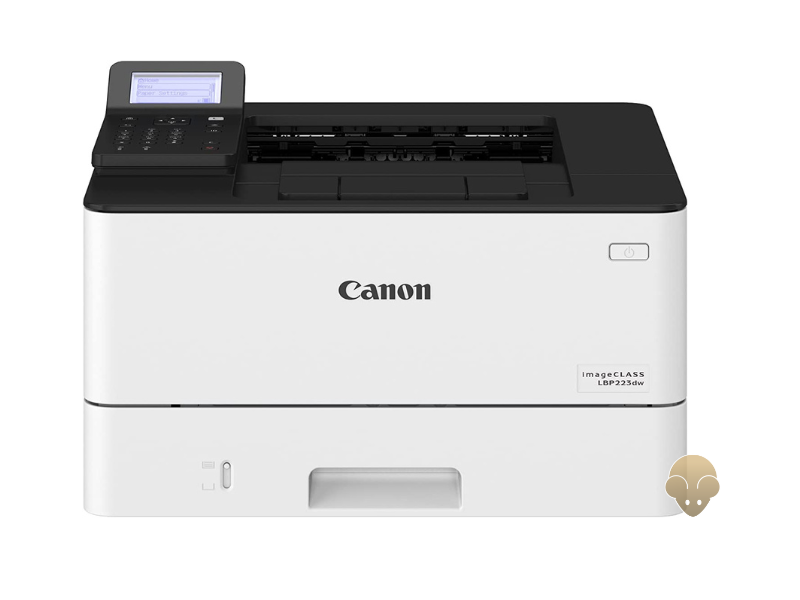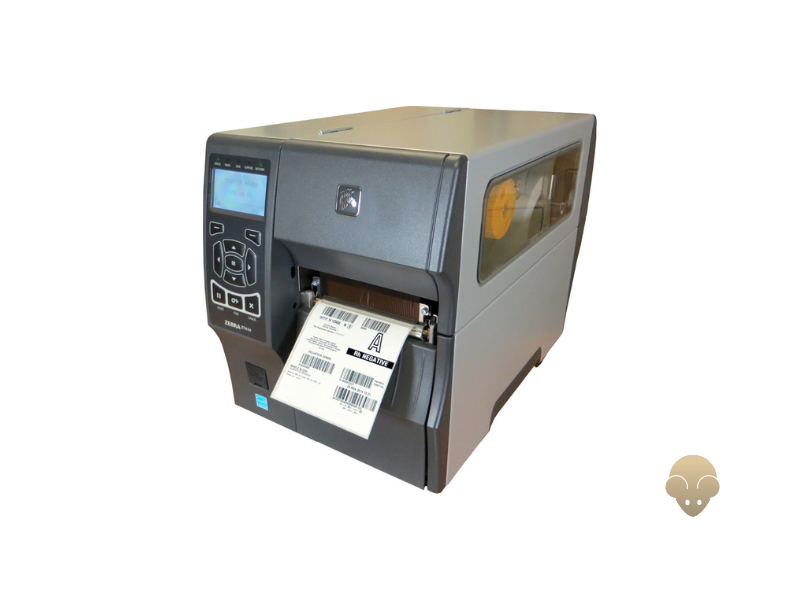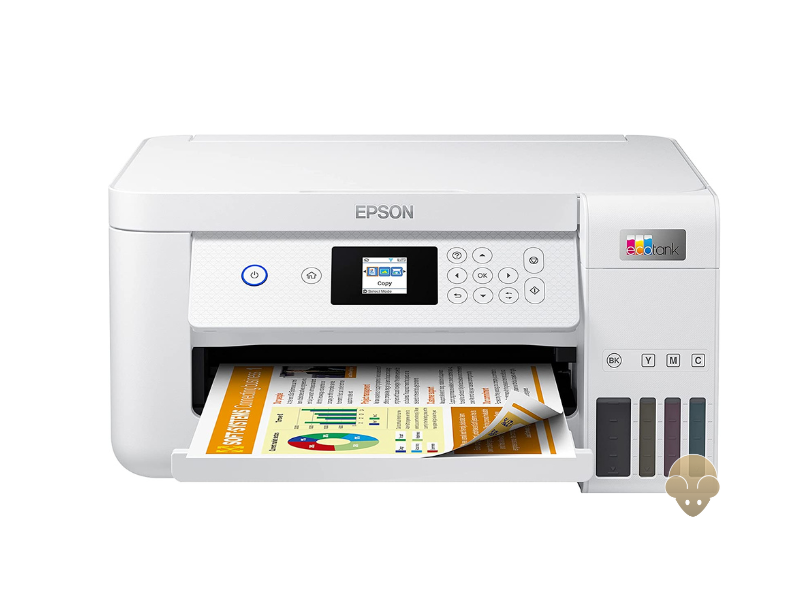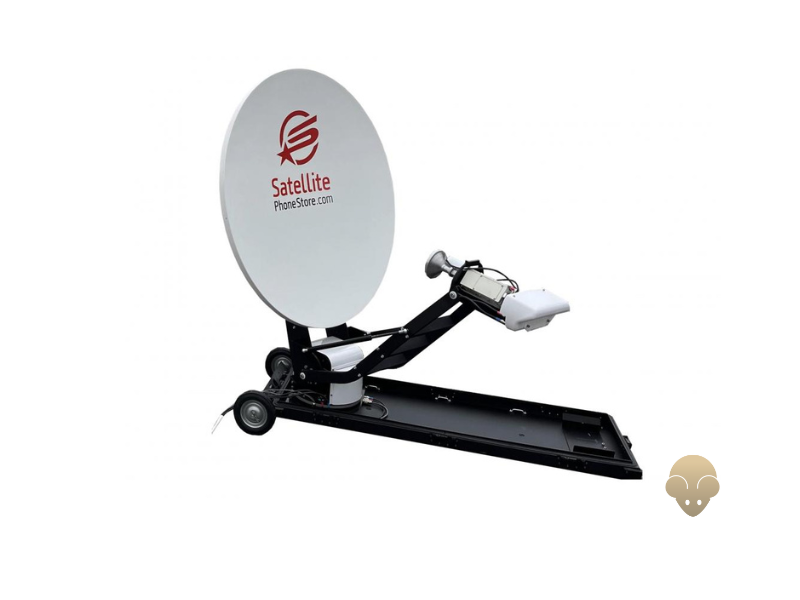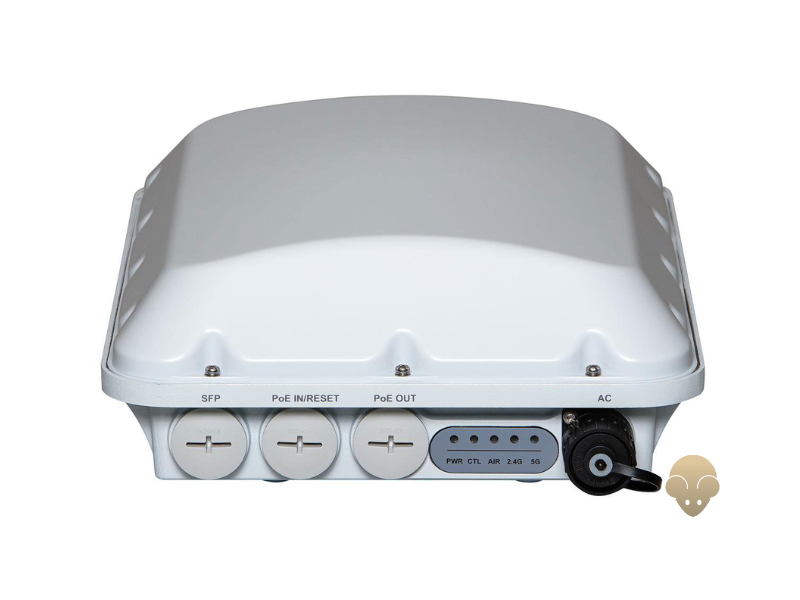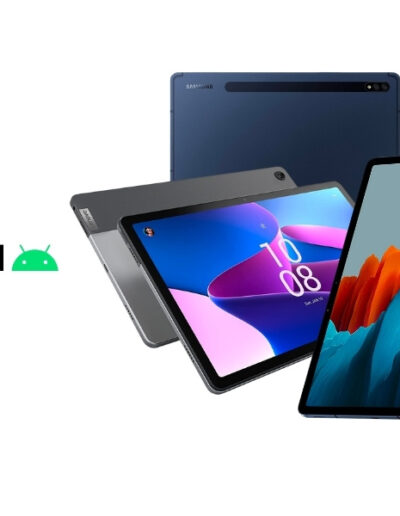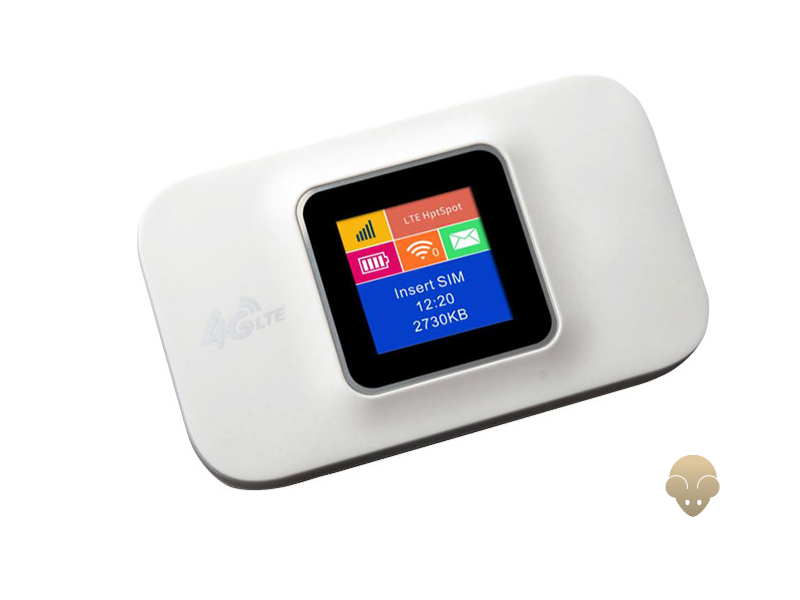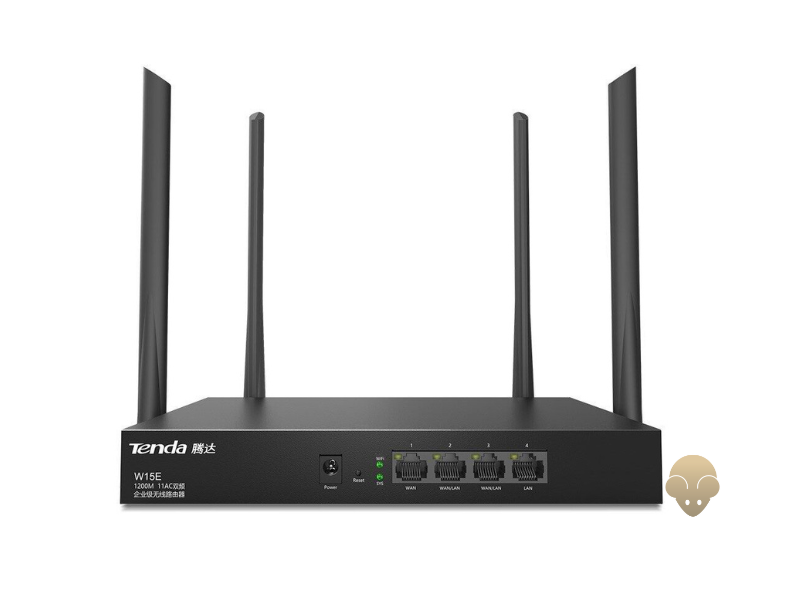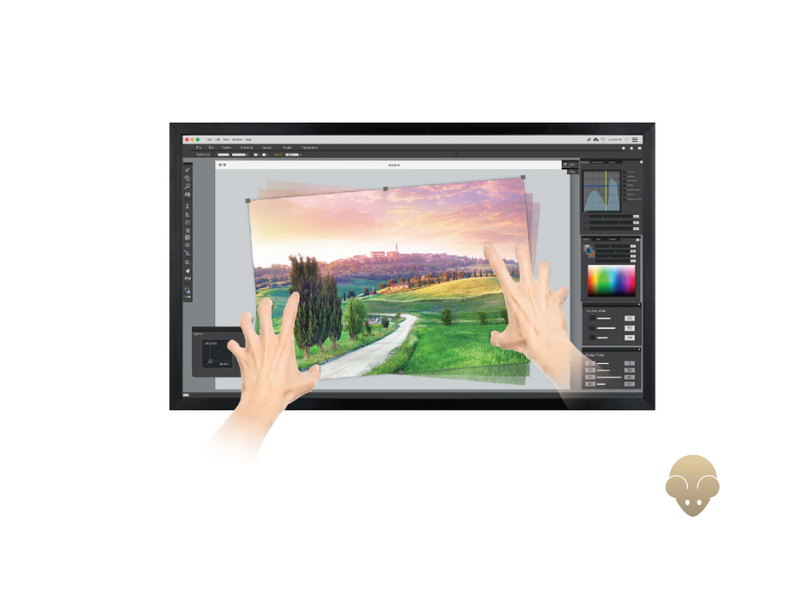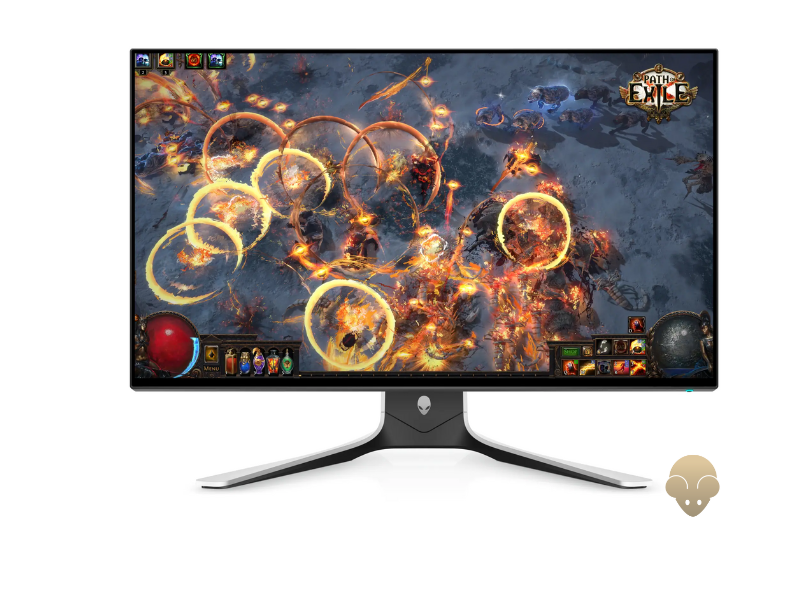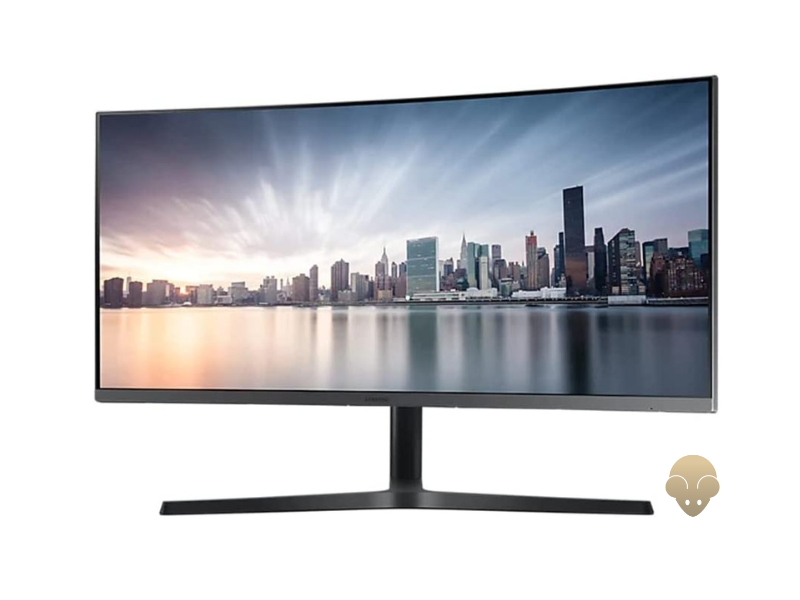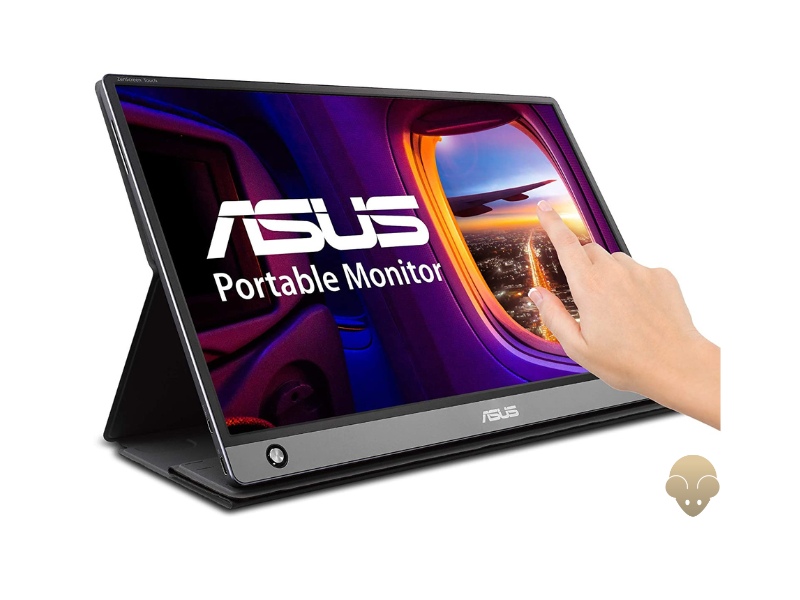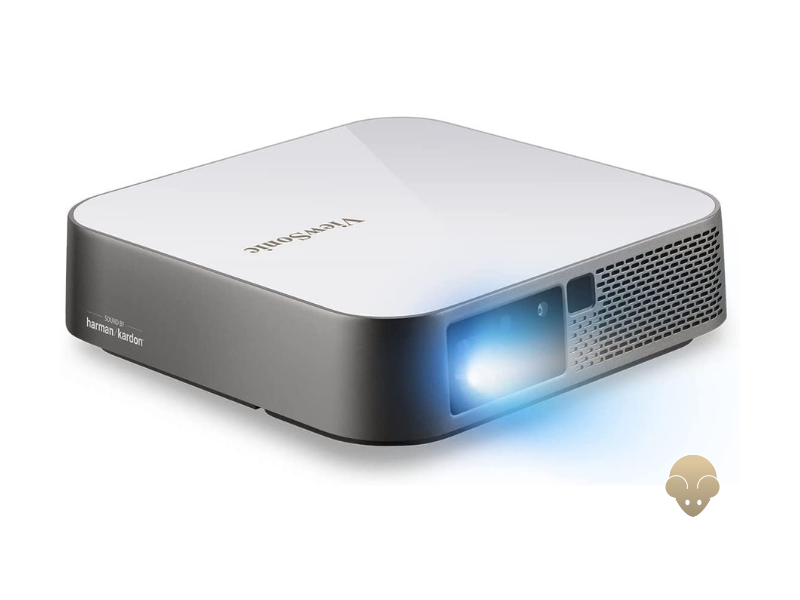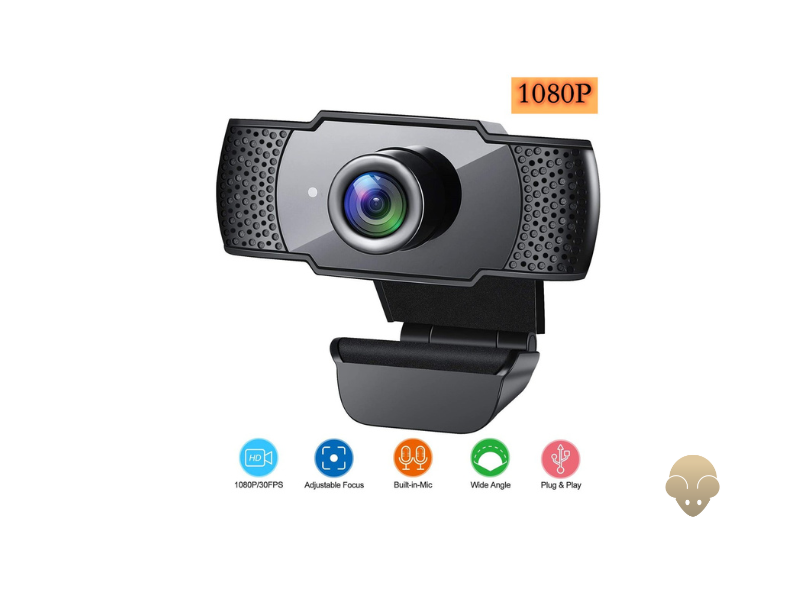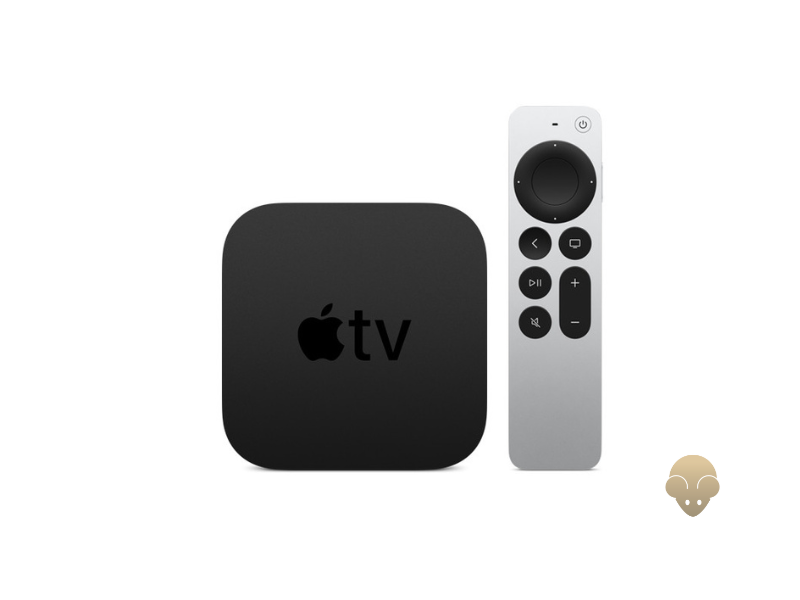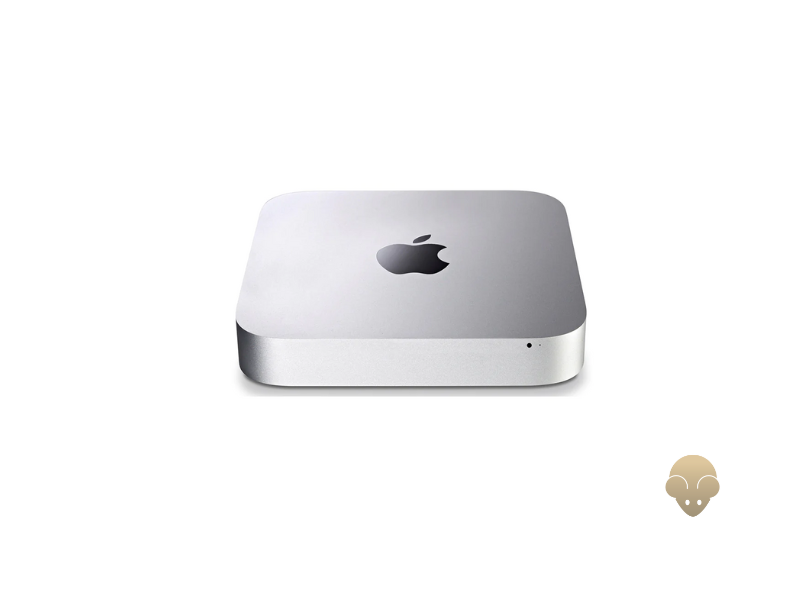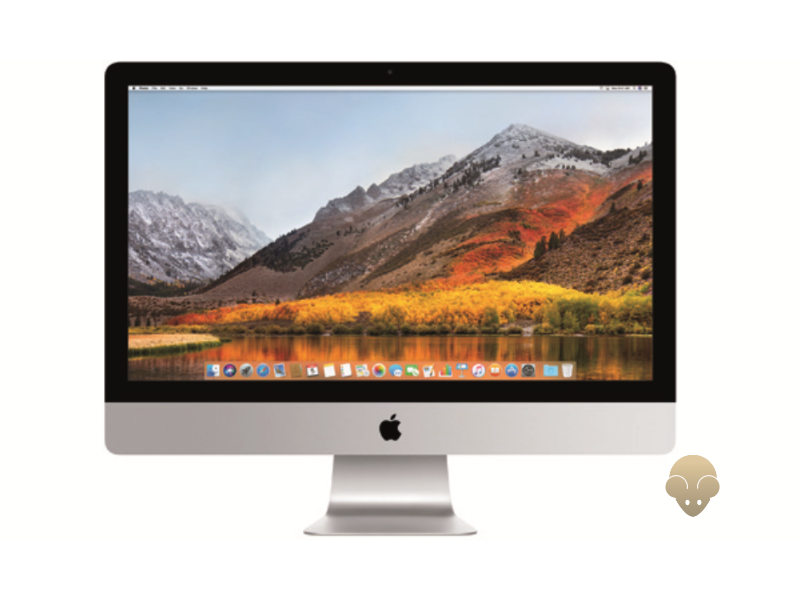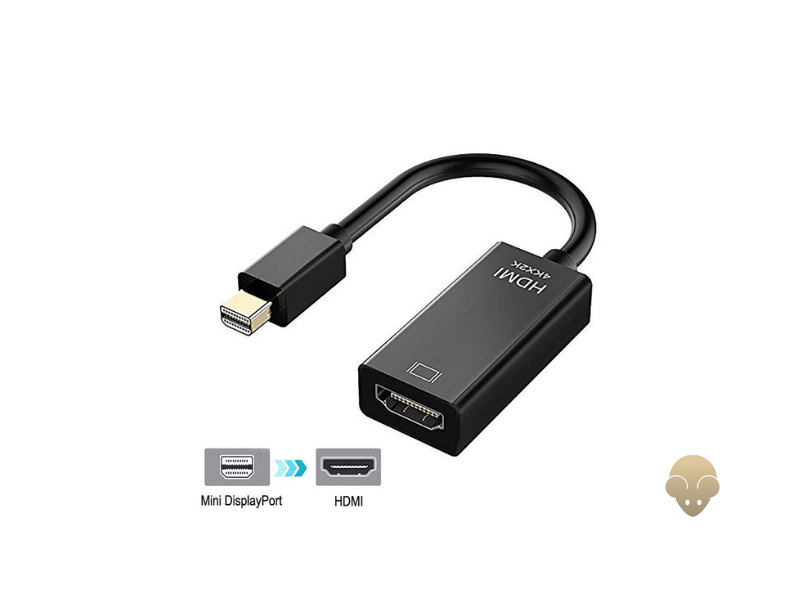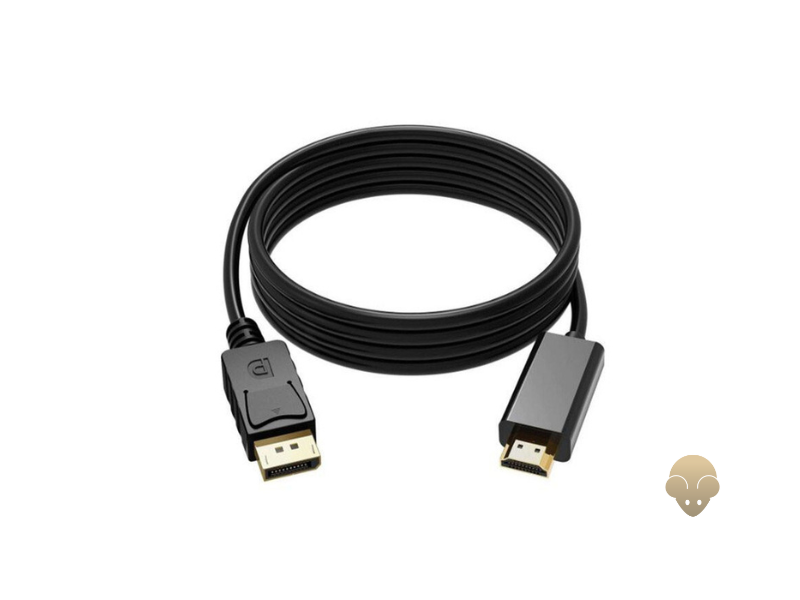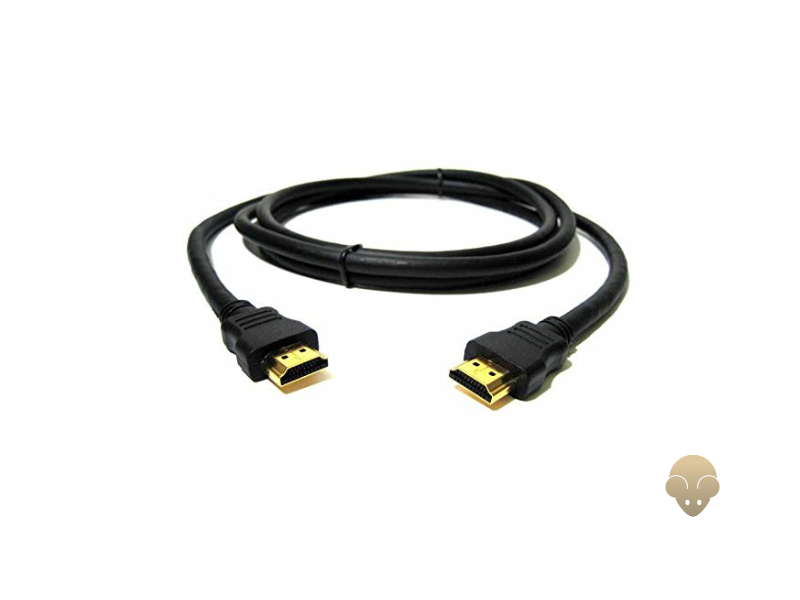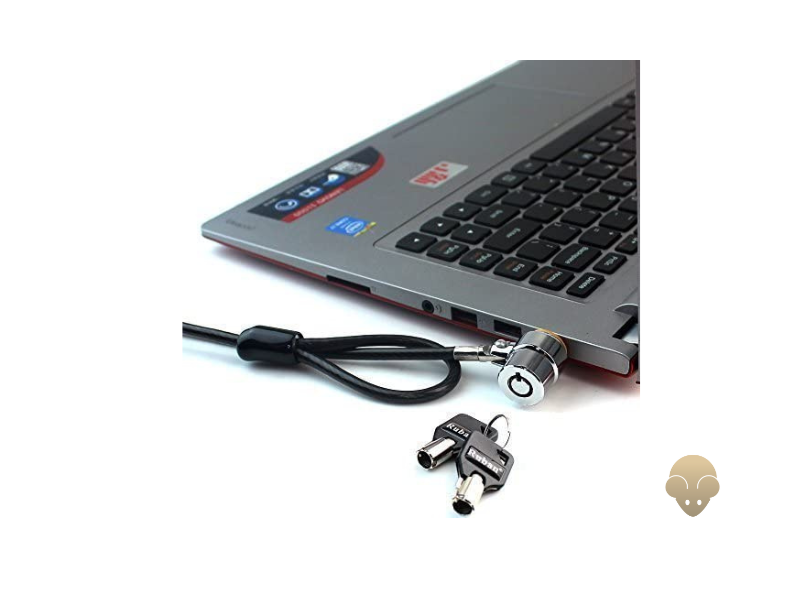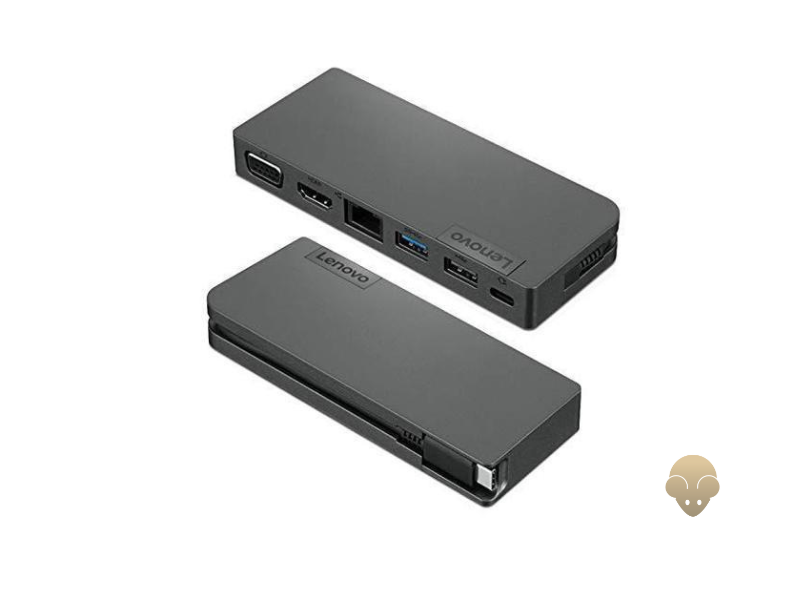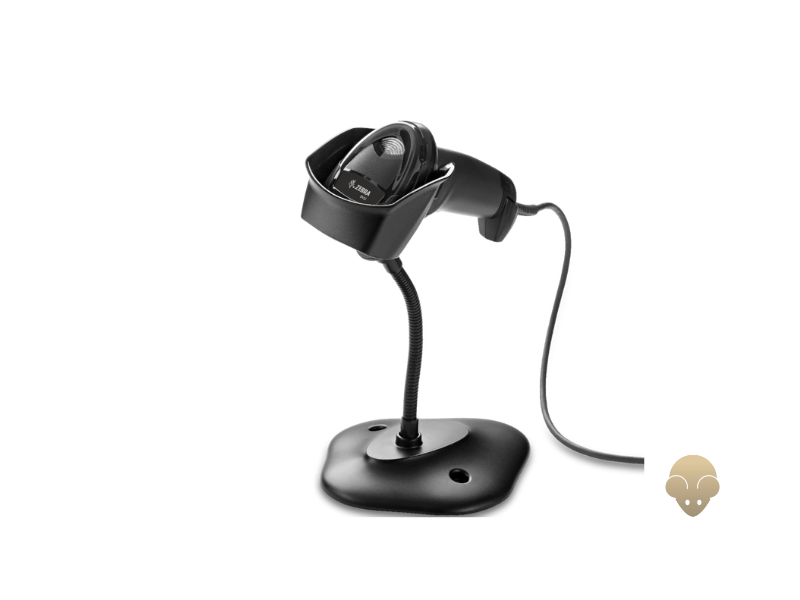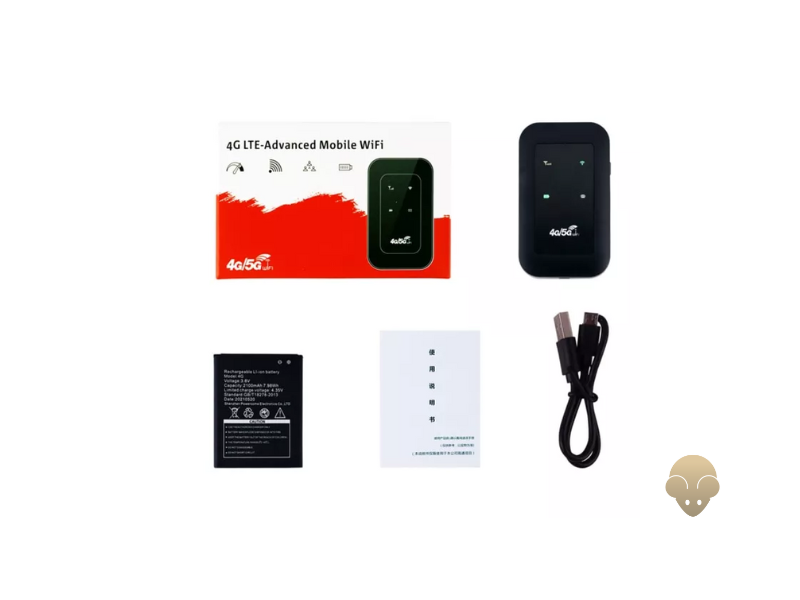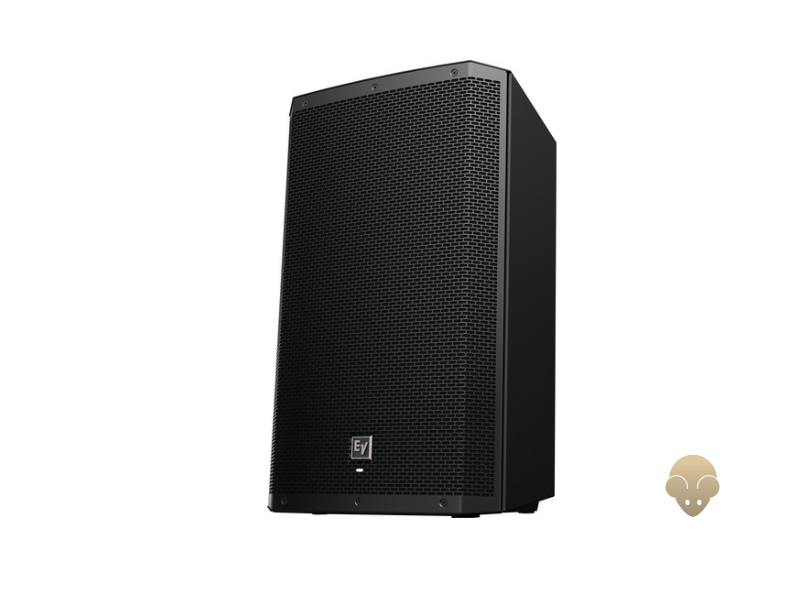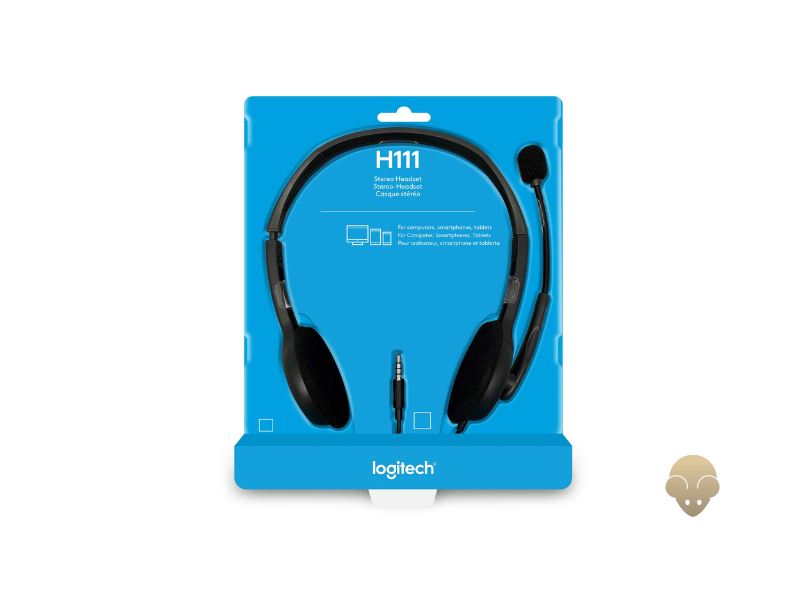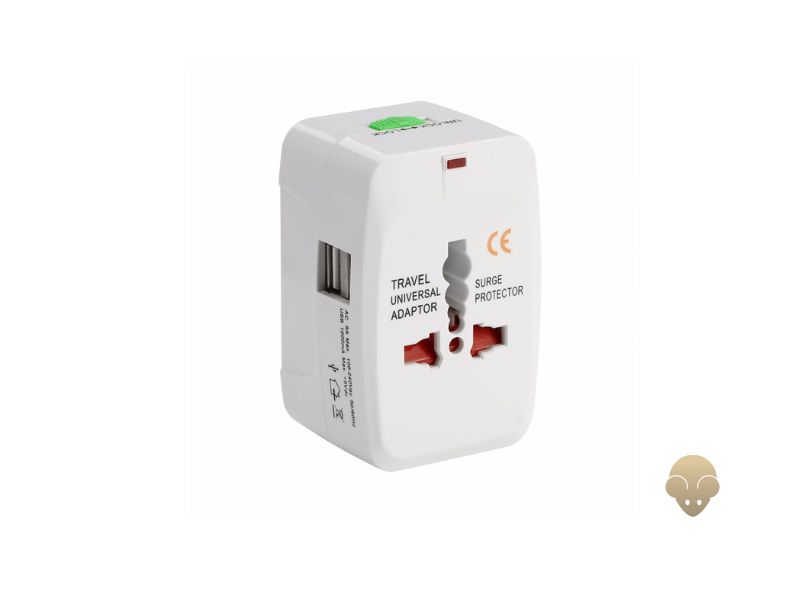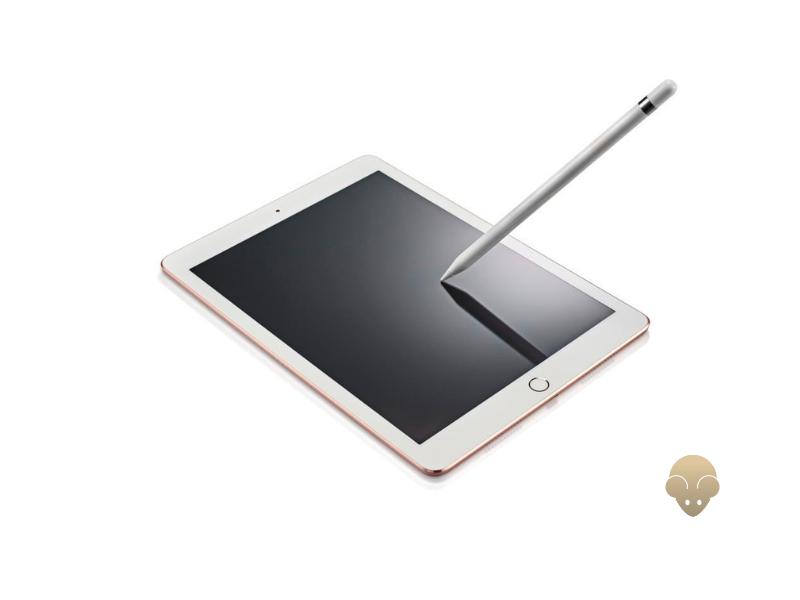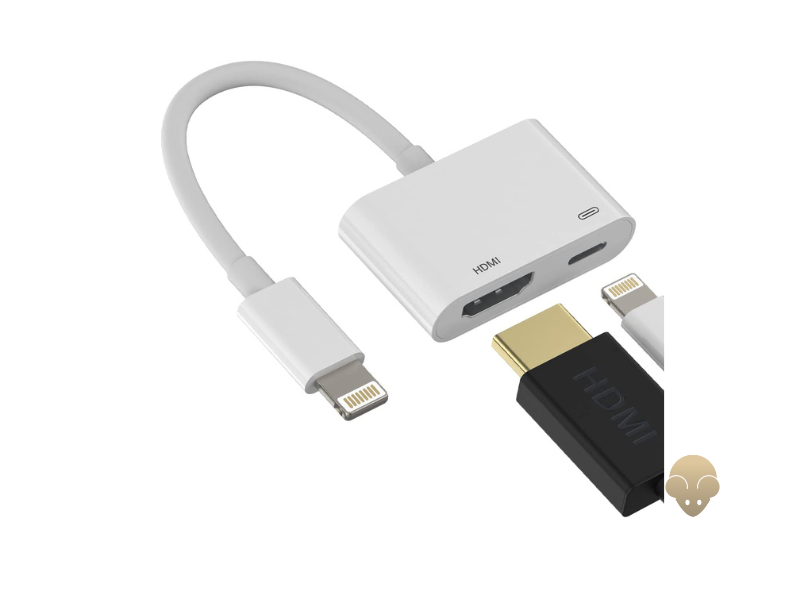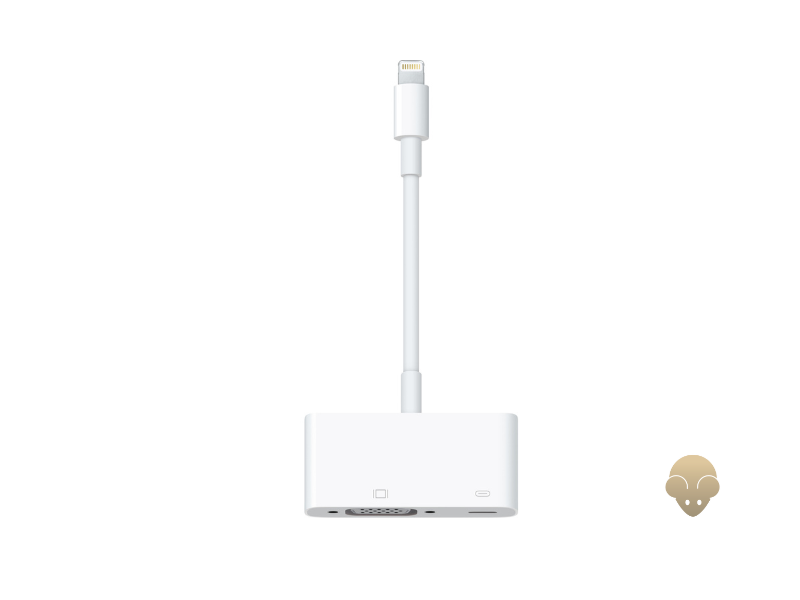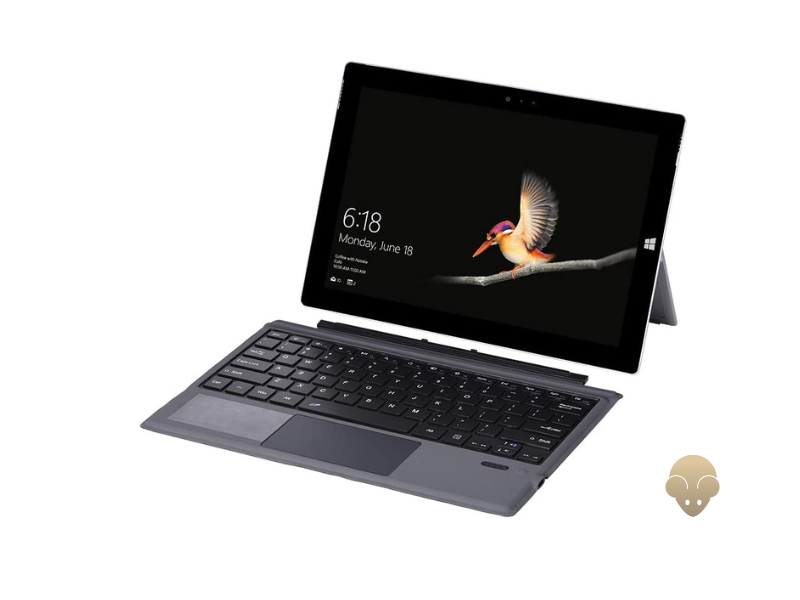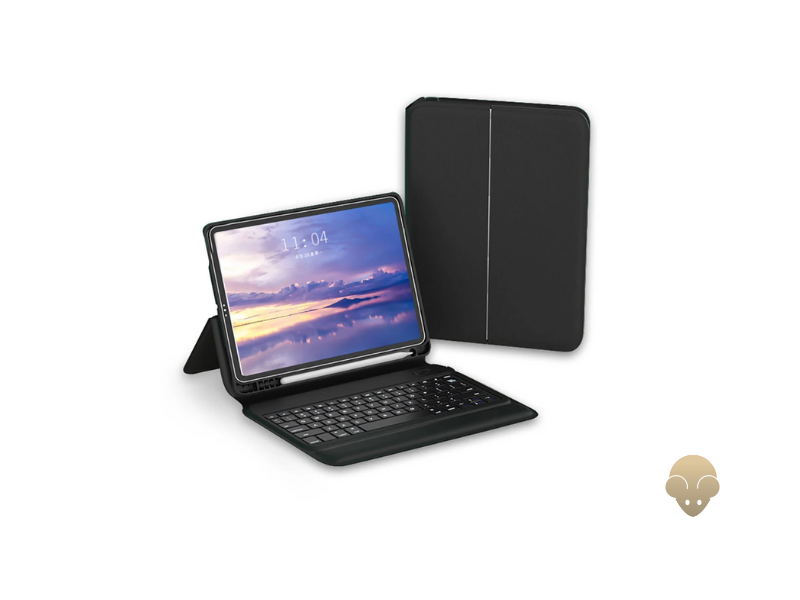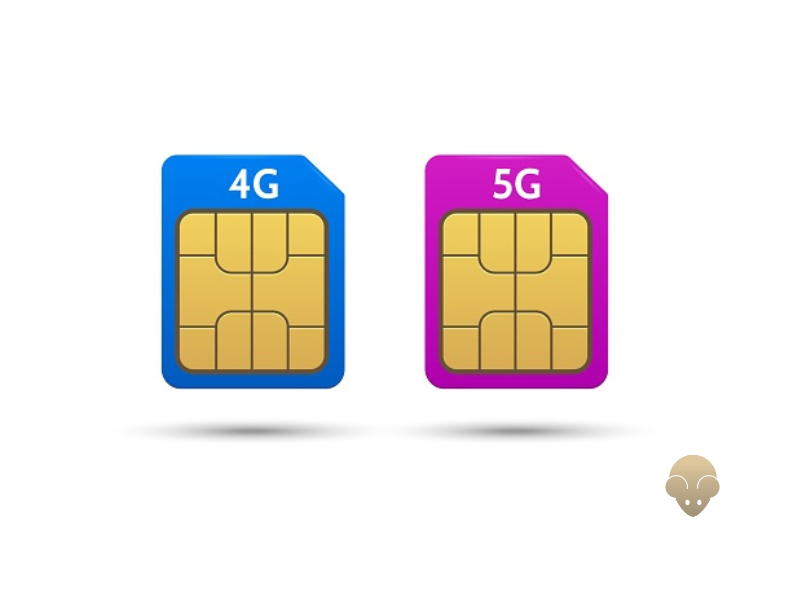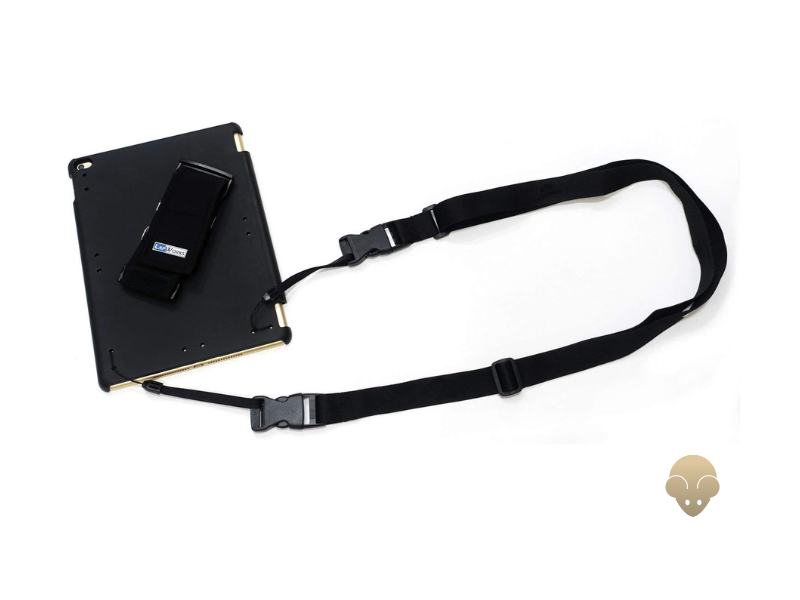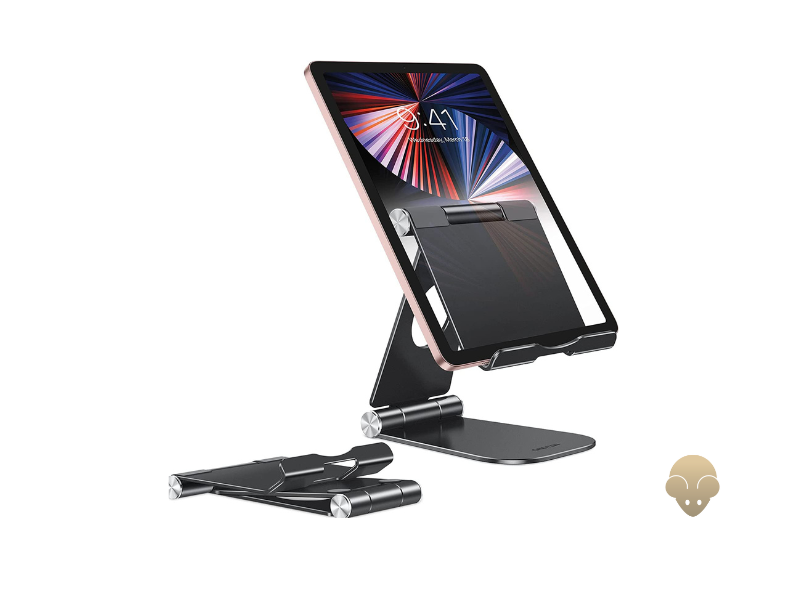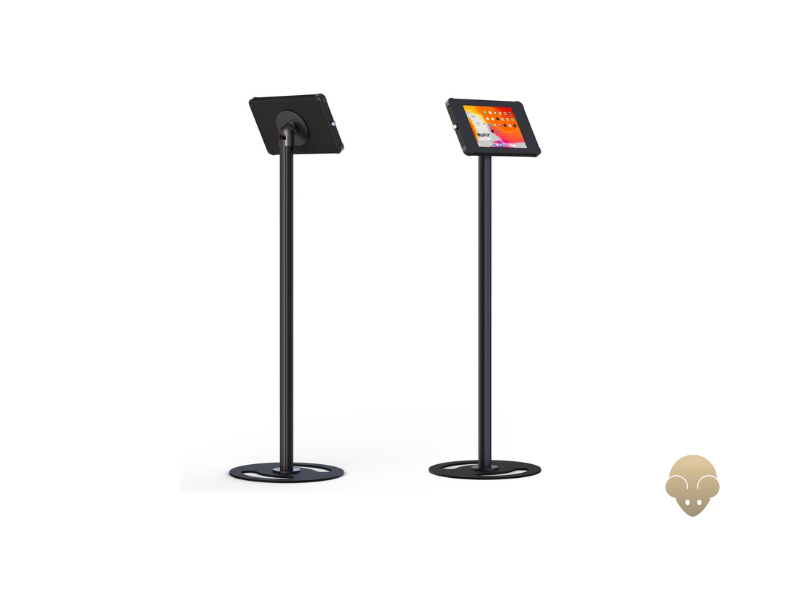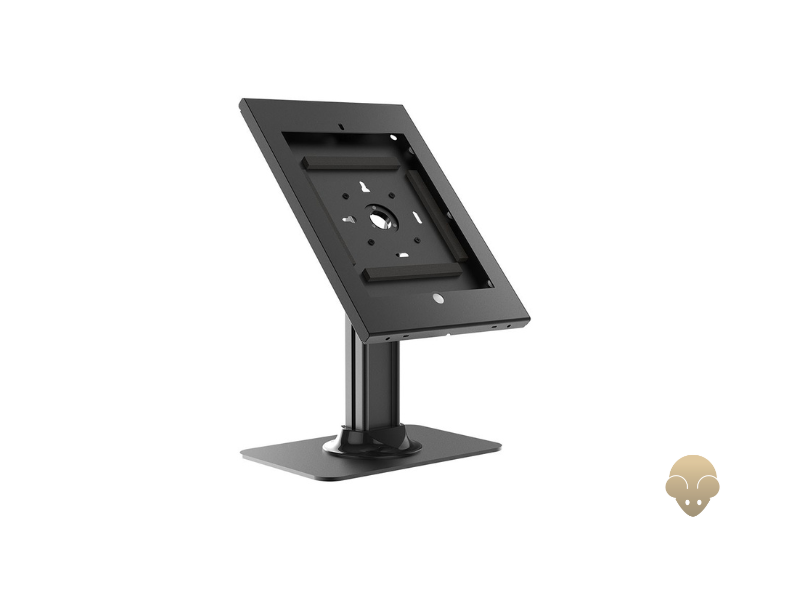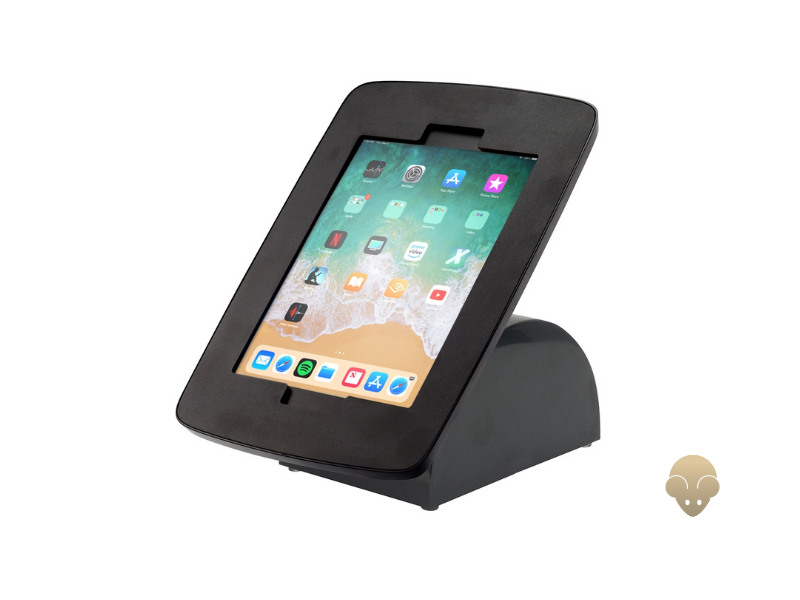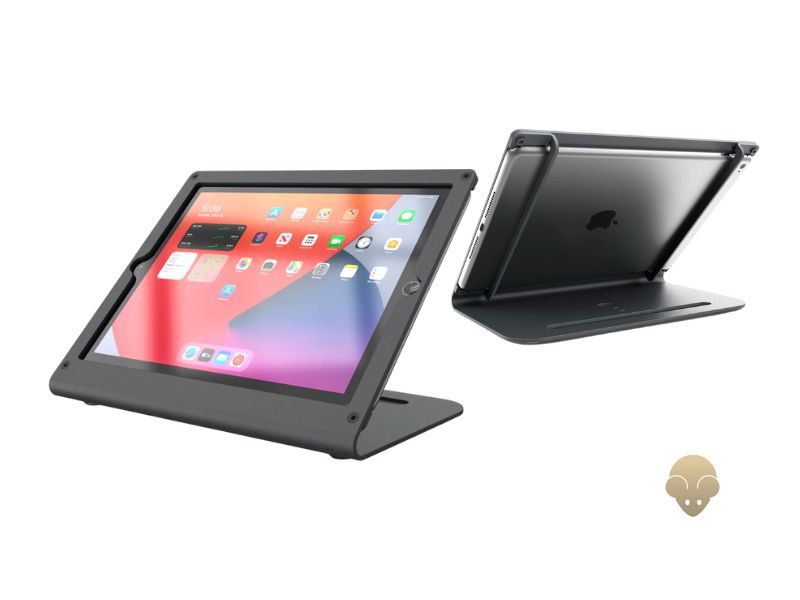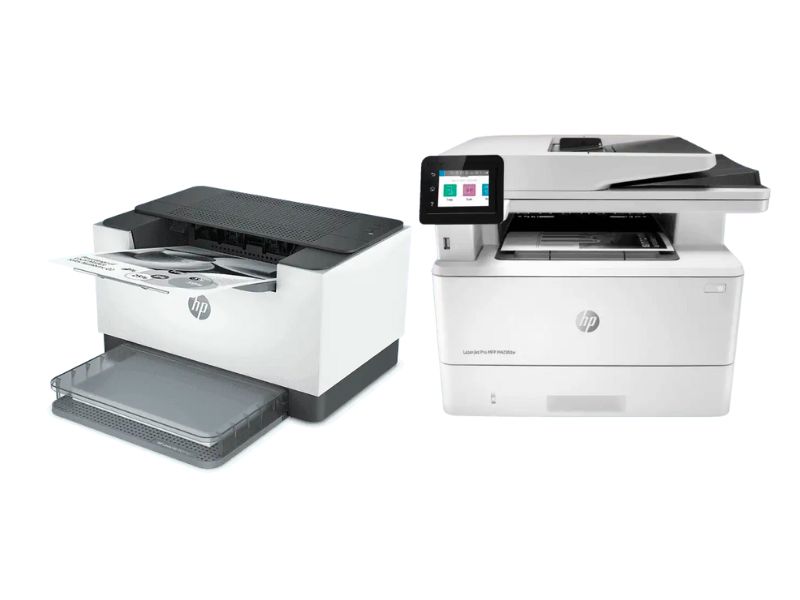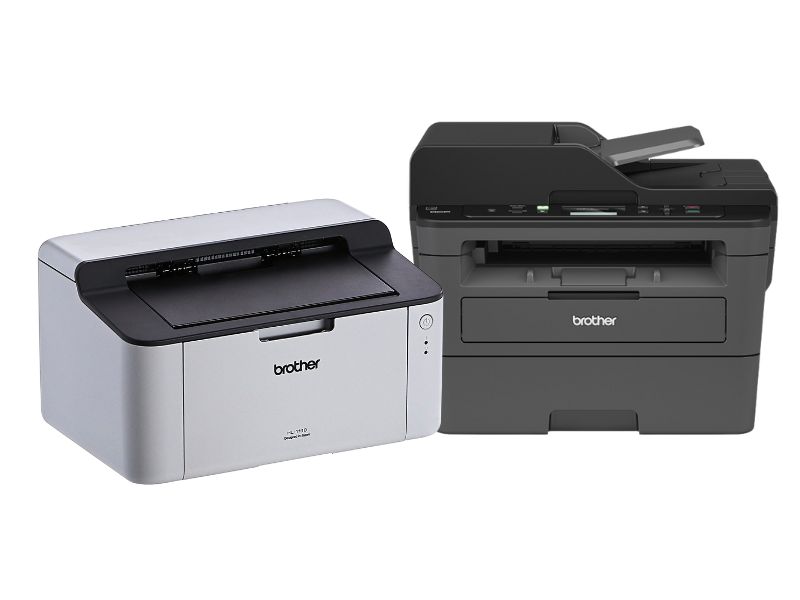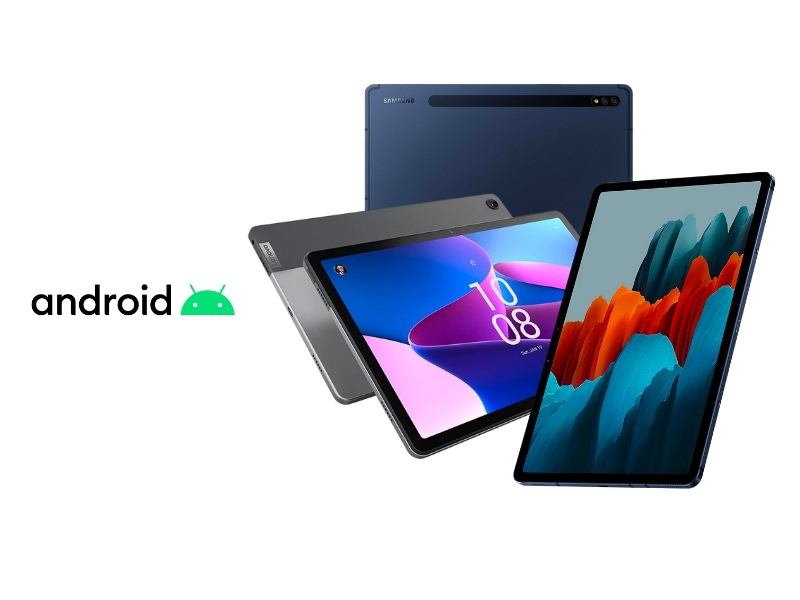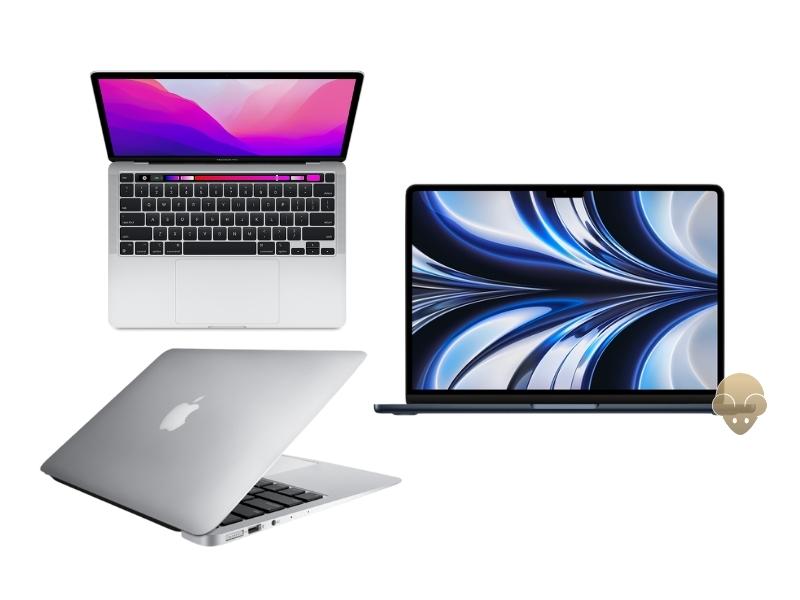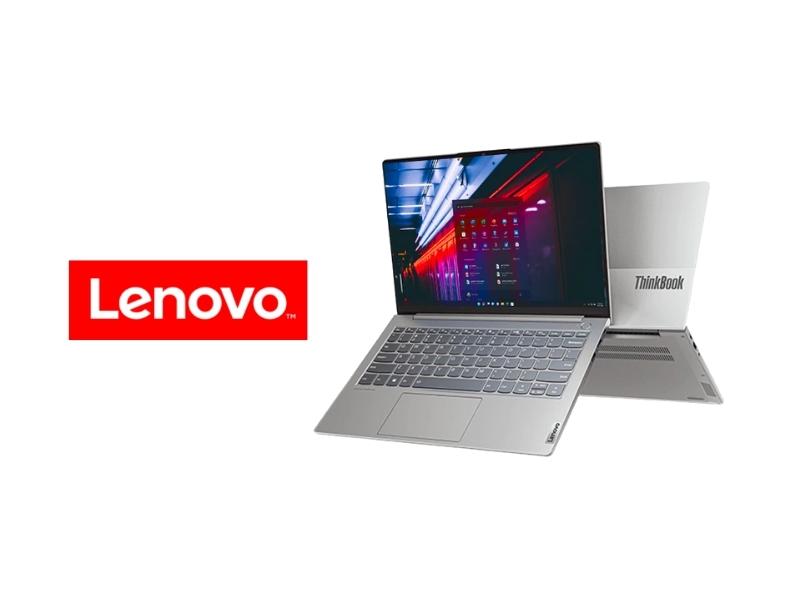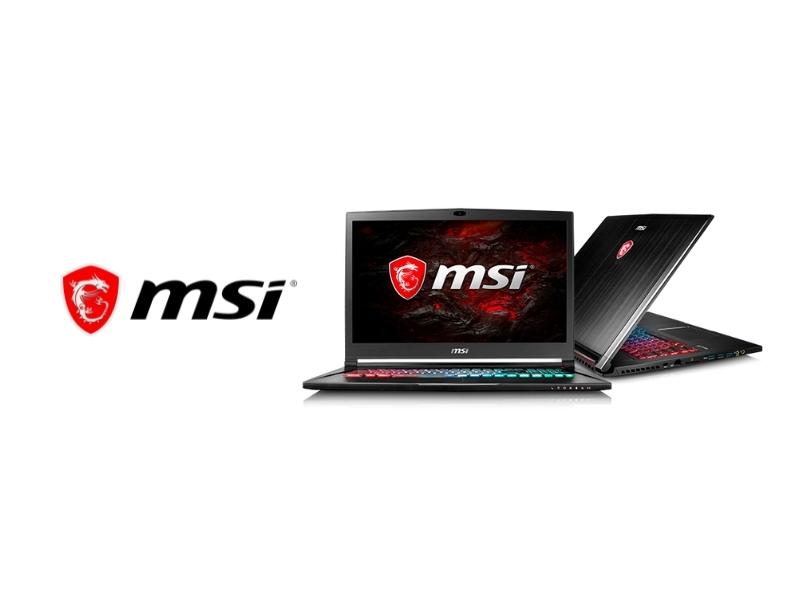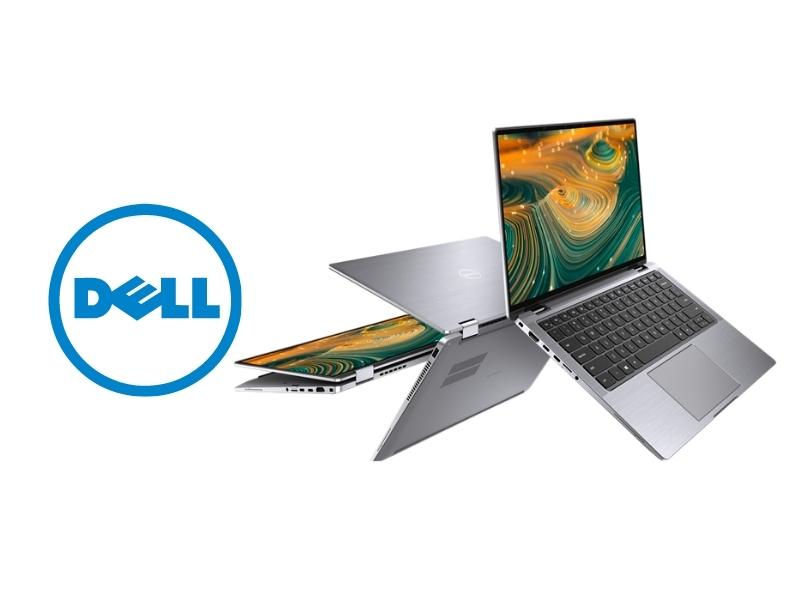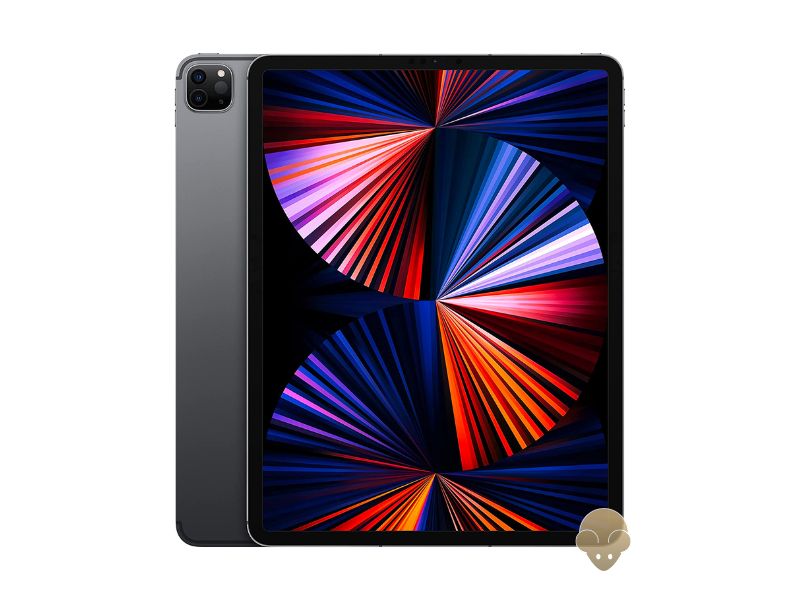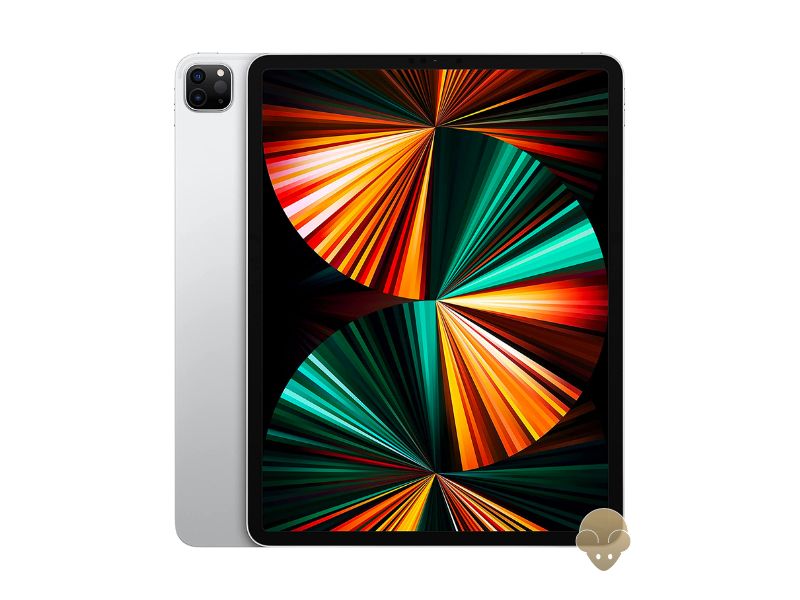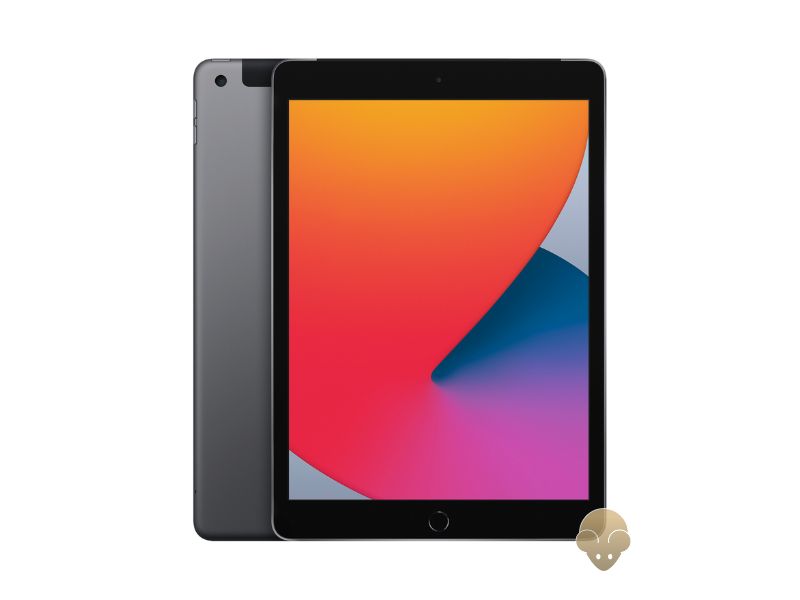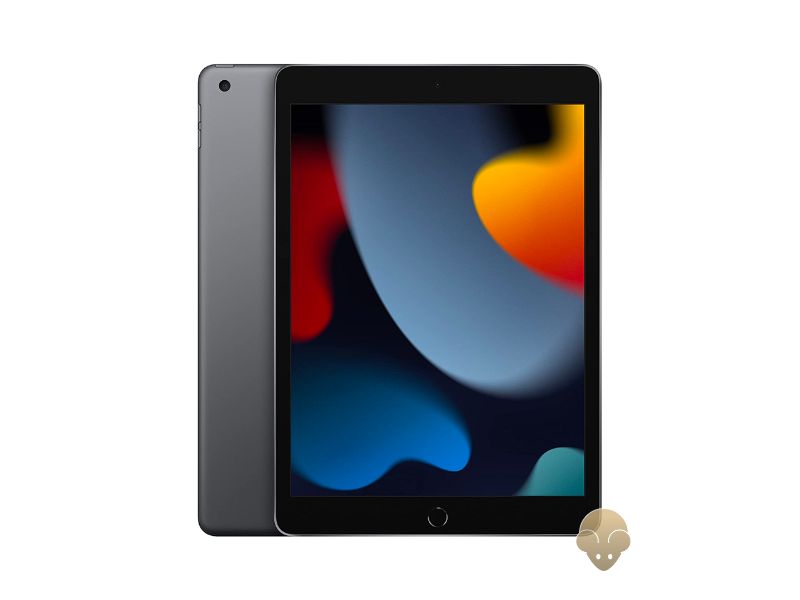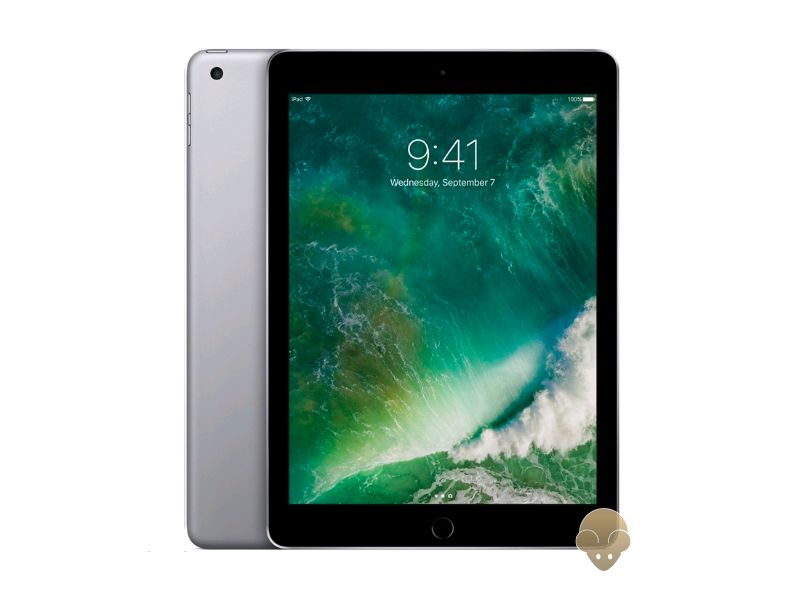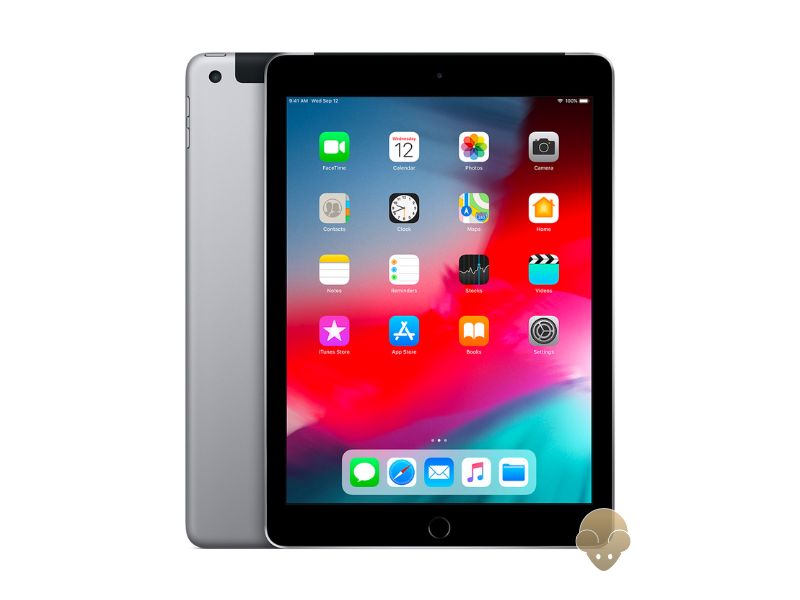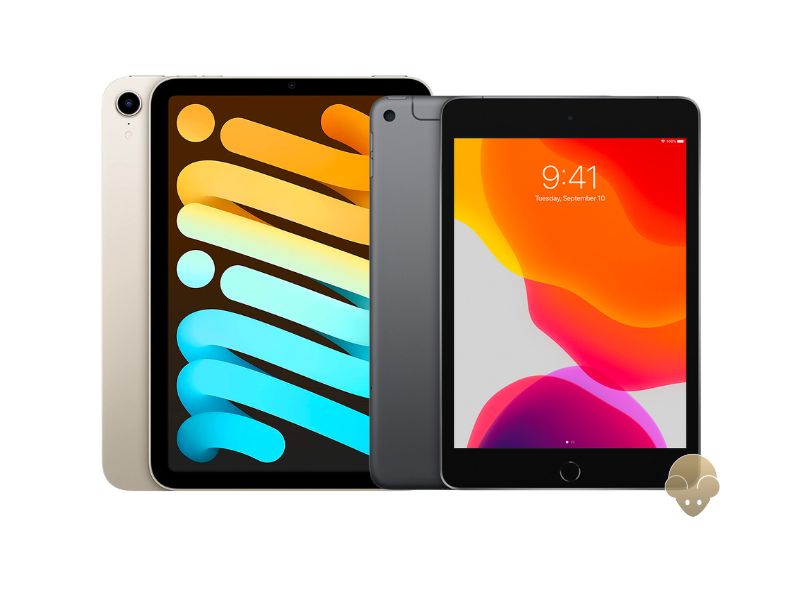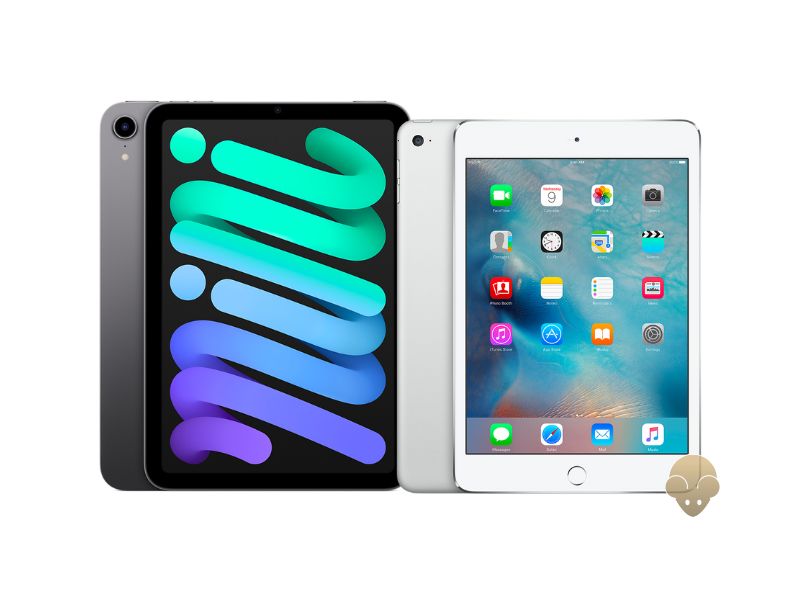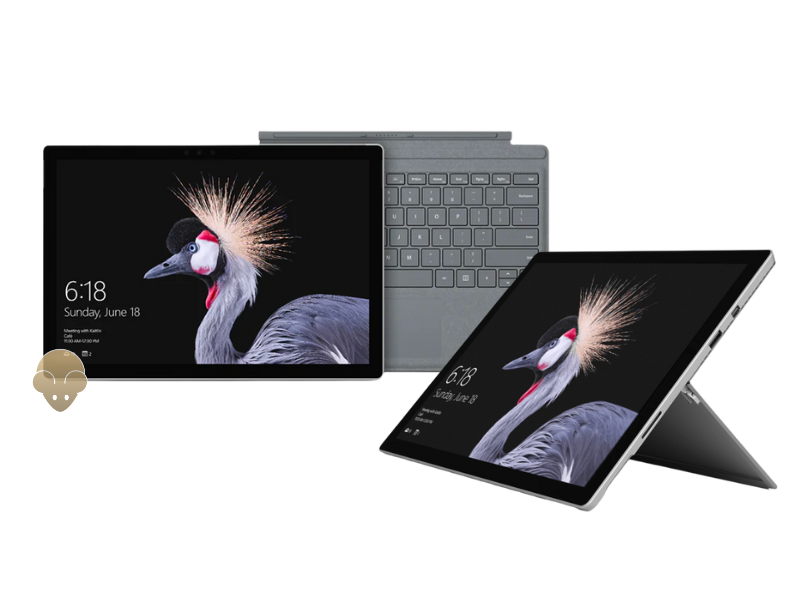In recent years, the event industry has undergone a major transformation, thanks to advancements in event technology. The introduction of new technologies has made it easier for event planners to organize and manage events, while also enhancing the overall attendee experience. From event registration and ticketing to event management and networking, event technology has become an integral part of the event industry.
One of the most significant ways in which event technology has transformed the event industry is through virtual and hybrid events. Virtual events allow attendees to participate in events from anywhere in the world, eliminating the need for travel and accommodations. This has opened up new opportunities for event planners to reach a global audience, expand their reach, and increase their revenue.
Hybrid events, on the other hand, combine both in-person and virtual components, allowing attendees to participate in the event both in-person and virtually. This has become increasingly popular in the post-pandemic world, as it allows event planners to offer both options to attendees who may not be comfortable attending in-person events yet.
Another way in which event technology has transformed the event industry is through the use of event apps. Event apps have become an essential tool for event planners, allowing them to provide attendees with all the information they need about the event in one place. This includes event schedules, speaker information, maps, and other important details.
Event apps also allow attendees to interact with each other and the event, enhancing their overall experience. This includes features like in-app messaging, gamification, and live polling. Additionally, event planners can use data collected from event apps to gain insights into attendee behavior, preferences, and interests, allowing them to better tailor future events to their audience.
RFID technology is another tool that has transformed the event industry. RFID technology uses radio waves to track and identify objects or people, making it an ideal tool for event management. For example, event planners can use RFID wristbands to track attendee movements, monitor attendance at different sessions, and control access to certain areas of the event.
Facial recognition technology is another tool that has been used in the event industry, although it is a controversial one. Facial recognition technology can be used to speed up check-in processes, personalize attendee experiences, and enhance security. However, there are concerns about privacy and the potential for misuse of the technology.
Augmented reality (AR) and virtual reality (VR) have also transformed the event industry, allowing event planners to create immersive experiences for attendees. AR and VR can be used to provide virtual tours of event spaces, simulate product demonstrations, and create interactive exhibits. This technology can help to engage attendees and create memorable experiences that they will remember long after the event is over.
Data analytics is another area where event technology has made significant advancements. Event planners can use data collected from ticket sales, social media, and event apps to gain insights into attendee behavior and preferences. This data can be used to inform future event planning, marketing strategies, and overall event design.
Finally, event technology has transformed the event industry by making events more sustainable. For example, event planners can use digital signage instead of printed materials, offer digital badges instead of physical ones, and use virtual event technology to reduce the need for travel. This not only reduces the carbon footprint of events but also saves time and money for event planners.
In conclusion, event technology has transformed the event industry in numerous ways, from virtual and hybrid events to event apps, RFID technology, facial recognition, AR and VR, data analytics, and sustainability. These advancements have not only made it easier for event planners to organize and manage events but also enhanced the overall attendee experience. As technology continues to evolve, we can expect even more advancements in the event industry, making events more engaging, interactive, and accessible for attendees around the world.














